Micronutrients—they sound important and health-related, but you probably have a lot of questions. What are they? Why do they matter? How much of which ones do you need? Is supplementation okay? Though they’re vital to human life, there’s a lot of confusion around tiny-but-mighty micronutrients—so we’re here to offer an introductory guide.
First up, micronutrient is just the official name for a vitamin or mineral. Your body needs a constant supply of them—13 essential vitamins and 16 essential minerals in total—to run smoothly. Only one of these micronutrients can be naturally produced by the body (shoutout to the MVP, vitamin D), so understanding how to work them into your diet is a non-negotiable for a long, healthy life. In general, nutritionists and doctors recommend meeting your daily micronutrient requirements through what’s on your plate.
Can I supplement micronutrients?
This is where supplements—technically registered as foods—can also play a role. While it’s ideal to get all our nutrients through food first, research has found that the average American diet is seriously lacking in micronutrients like magnesium, calcium, plus vitamins C, D, and others. In other words, most of us don’t always know what we’re doing around mealtime.
While they should never replace a balanced, nutrient-dense meal of vegetables, grains, protein, and complex carbs, supplements can be beneficial in closing gaps, especially if you have deficiencies or are prone to them. Think of them as enhancements, not your foundation.
Depending on where you are in life, you may also need more micronutrients to feel your best. For example, women need more of certain minerals and vitamins than men—especially if they’re trying to conceive, are pregnant, have long, heavy periods, or are postmenopausal. A study found that women between 19-50 were more likely to be deficient in iron, plus vitamin D and B6. Certain dietary choices—like going vegan or eating vegetarian—may also need additional support.
Below, we outline 9 essential micronutrients and microorganisms (hi, probiotics!) to keep on your plate—explaining what they do, why they matter, and which foods to get from. If you need supplements, we also make recommendations from our top pick Thorne, a cGMP- and NSF-certified, third-party-tested supplement option regularly included in clinical trials (as a bonus perk, obé members get 10% off everything at the site using this link.)
Nutritional needs are highly individual based on age, gender, and even where you live—so there’s no one-size-fits-all approach to micronutrients. Remember to always consult with your healthcare provider, especially if you’re taking medications (as there can be interference). Thorne’s at-home Health Tests and supplement quizzes can also help you measure where you’re at and what you may need.
1. Folate
Also known as folic acid or vitamin B9, folate is an essential micronutrient for women in their reproductive years, especially if they’re looking to get pregnant (or already are!).
What it does: This vitamin enables your body to produce blood cells and contributes to DNA synthesis for any new cells. Folate is also important to nervous system function, as it’s involved in the production of neurotransmitters. During pregnancy, it ensures proper neural tube development.
Why you need it: Not only does it support healthy brain function, but folate also wards off anemia by supporting blood production. If you’re lacking, you’ll be more susceptible to heart disease and certain cancers. Meeting the recommended requirement pre-pregnancy and in the first month (~400-600mcg a day) can prevent 50 to 75 percent of serious birth defects. The CDC recommends 400 micrograms daily for all women of reproductive age.
Food sources: Drak leafy vegetables like spinach; pulses (think beans, lentils, and chickpeas); avocados; oranges; whole grains; nuts; chicken; lean beef; and fortified breakfast cereals.
Supplement: Consult with your doctor first, but if you’re trying to conceive or are pregnant, take a daily prenatal like Thorne’s Basic Prenatal, which includes a healthy dose of folate. Studies show folate supplementation can promote healthy pregnancy while reducing the risk of defects—and it is one of the only supplement options most experts support.
2. Vitamin D
Also known as the sunshine vitamin, vitamin D is synthesized in the skin naturally in reaction to ultraviolet rays—and can also be found in food.
What it does: Vitamin D works together with calcium (more on that later!) to build strong, healthy bones. It also stimulates cell growth, enables the immune system to fight germs, supports neuromuscular function, and reduces inflammation in cells.
Why you need it: Nearly 42% of U.S. adults are vitamin D deficient, according to research. Deficiency causes your bones (and teeth) to become weak, thin, and brittle.
This makes it a non-negotiable micronutrient for women, and especially postmenopausal women, who are more susceptible to osteoporosis, a disease that weakens bones.
Food sources: Few foods provide enough (sunlight is your best source!), but some options include fish like salmon and tuna (especially their skin), plus fortified foods like cereals, dairy, and some orange juices.
Supplement: There are a few reasons to reach for a supplement like Thorne’s Vitamin D. If you live in a place with tons of cloud cover (hi, Seattle), long winters, or short days, supplement when sunshine is not ample. If you regularly wear high SPF and limit sun exposure, are older than 50, postmenopausal, or have a darker skin tone (melanin blocks UVB sunlight), you’re also more susceptible to deficiency.
3. Calcium
Meet Vitamin D’s ultimate sidekick, the mineral calcium. Vital to bone health, this micronutrient is a nutrient of public health concern, with more than 40% of people in the U.S. not meeting their dietary requirements.
What it does: Calcium is the secret ingredient to building and sustaining strong bones and teeth. Though that’s our primary association with it, calcium also helps your muscles work—supporting the flow of key messages from brain to muscle.
Why you need it: All women begin losing bone density in their late 20s or early 30s (unless they start strength training, more on that here!), so it’s important to slow that process as much as possible. Continuing to prioritize calcium in your diet will reduce osteoporosis risk and keep bones healthy through old age (when you’re low in calcium intake, your body pulls calcium directly from bones, weakening them).
Food sources: Dairy options like milk, cottage cheese, cheese, and yogurt; almonds, Brazil nuts, plus sesame, chia, and flax seeds; dark, leafy greens like broccoli, spinach, and kale.
Supplement: Taking a supplement—like Thorne’s Calcium—can be beneficial for those who don’t eat a calcium-rich diet (for example, vegans). As with vitamin D, menopausal and postmenopausal women may benefit from supplementing calcium to keep their bones healthy and strong (speak with your doctor about a recommended amount). And remember: too much of a good thing isn’t always great, so stick to the NIH-recommended 1,000mg daily limit.
4. Vitamin C
Ah, the superhero of immunity. Known for its immune-boosting properties, this micronutrient is our go-to for flu and cold season but is important to our bodies year-round.
What it does: An antioxidant that helps fend off free radicals (aka rogue molecules that can cause cell damage), vitamin C aids white blood cells which act as a line of defense against infection. It also supports collagen production (yay, glowy skin!) plus joint health and repairs bones, bodily tissues, and teeth.
Why you need it: Since the body can’t produce vitamin C, it’s important to eat enough to ward off potential pathogens and avoid sickness. It also helps your body absorb iron efficiently—a symbiotic relationship that is beneficial for women, who often have higher iron demands.
Food sources: Citrus fruits like lemons, limes, and oranges; vegetables like bell peppers, broccoli, brussels sprouts, spinach, and kale; berries like strawberries and blueberries.
Supplement: Since vitamin C can’t be stored in the body, you need to get enough on a daily basis. If you live a high-stress lifestyle (which impacts your immune system) or get sick often, it can be beneficial to up your dose with an option like Thorne’s Vitamin C with Flavonoids.
5. Prebiotics and Probiotics
Prebiotics—typically high-fiber foods—and probiotics—live microorganisms—are the digestion power couple. Together, these foods work in harmony to keep your gut happy.
What they do: Probiotics are the “good” bacteria that live in your gut, maintaining a balanced digestive system, aiding in food breakdown, and bolstering immune defenses (yes, your stomach is a line of defense!). Prebiotics are the compounds that probiotics eat to flourish and multiply.
Why you need them: The gut-brain connection is so real. In addition to helping things move smoothly, reducing bloat, and more, pre and probiotics support mood and mental health, influencing your overall well-being by quieting anxiety and even counteracting depression.
Food sources: Find probiotics in fermented foods like yogurt, kefir, kimchi, sauerkraut, and miso. Prebiotics can be found in fiber-rich foods like bananas, onions, garlic, asparagus, and whole grains.
Supplement: If you don’t love fermented foods or are prone to digestive issues, a supplement like Thorne’s Gut Health Bundle—which includes prebiotics and probiotics—can help restore healthy levels. Clinical studies have shown probiotic therapy can help treat conditions like yeast infections, urinary tract infections, IBS, diarrhea, and more.
6. Iron
Another mighty mineral, iron helps power your body, keeping it energized and running. It’s been marked as a nutrient of public health concern for women of childbearing age since those who menstruate can lose a lot of their reserves each month.
What it does: A key component of hemoglobin—the protein that transports oxygen in your blood—iron works throughout the body to ensure optimal oxygen delivery. It also supports your immune system, aids metabolic processes that convert food to energy, and helps keep hair, skin, and nails healthy.
Why you need it: When you’re meeting your daily quota, you’ll feel alert, energized, and focused. Running low can lead to fatigue, weakness, poor vision, headaches, cold hands and feet, menstrual cycle changes, and more. This can all lead to iron-deficiency anemia.
Food sources: Leafy greens like spinach and kale; legumes like lentils, chickpeas, and beans; lean red meats; iron-fortified cereals and whole grains; tofu; dark chocolate (yum).
Supplement: If you experience long, heavy periods, have dietary restrictions, donate blood often, or are prone to low iron levels, a supplement (best under the guidance of your healthcare provider) can help keep things balanced. Ask about Thorne’s Iron Bisglycinate, a form of iron that’s readily absorbed and comes with minimal gastrointestinal side effects.
7. Vitamin B12
This key vitamin is just one of the group of essential B vitamin micronutrients, which contribute to metabolic function plus maintaining healthy cells and body tissue.
What it does: This key vitamin aids the formation of red blood cells and empowers neurons (special cells found throughout the nervous system and brain) to work properly. It even plays a role in serotonin production (that’s one of your happy hormones!).
Why you need it: Healthy nerves and blood cells mean a healthy you. When your B12 levels dip too low, you’ll feel tired, and weak, plus have trouble sustaining energy throughout the day. It also puts you at a higher risk of developing another type of anemia. Getting enough B12 in your diet is especially important during pregnancy.
Food sources: Eggs; seafood options like clams, sardines, and flounder; poultry; milk and dairy products like yogurt or cheese; nutritional yeast (a great topping for any savory dish!).
Supplement: An active form of vitamin B12—like this option—can be beneficial for vegetarians and vegans who can’t meet their requirements from animal sources. As we age, our bodies become less efficient at absorbing B12, making us more susceptible to deficiency. If you’re 50 or older, it may be a good time to add in a supplement.
8. Magnesium
Meet the mineral that’s involved in over 300 enzymatic reactions (yeah, that’s a lot). Especially important for women, magnesium—like other micronutrients—plays a vital role in numerous physiological processes.
What it does: Maintains proper muscle and nerve function, regulates blood pressure, keeps bones strong and healthy (vitamin D can’t be metabolized without it!), and sustains a well-functioning immune system. It also supports your heart and aids energy production. Did we mention the stress-relieving perks?
Why you need it: Not getting your fix of this micronutrient can lead to muscle cramps (especially if you’re working out a lot), fatigue, and moodiness. Magnesium deficiency has been linked with a higher risk of chronic conditions like type 2 diabetes and cardiovascular disease. In women, magnesium helps keep hormones balanced and its muscle-relaxing properties can be particularly useful in managing PMS symptoms and period pain.
Food sources: Green, leafy veggies like spinach and kale; nuts and seeds (think: almonds, pumpkin seeds); unrefined whole grains; legumes like black beans and chickpeas; some fish (salmon, mackerel).
Supplement: Experts estimate that nearly half of U.S. adults are magnesium deficient. If you struggle to meet your allotment with food alone, a supplement like Thorne’s Magnesium CitraMate (an easily absorbed form of magnesium) can be a good bet. Magnesium requirements can also be higher for women depending on life stages (like post-menopause). New research suggests magnesium supplementation has been successful in treating PMS, PCOS, mood disorders, and other conditions.
9. Omega-3s
Neither minerals nor vitamins (but still micronutrients!) omega-3’s are fatty acids your body can’t make on its own. They play an integral part in the function of your cell membranes.
What they do: These fatty acids—EPA and DHA—help the heart beat steadily, lower blood pressure and heart rate, support blood vessels, lower triglyceride levels, and may even ease inflammation. They also support joint and brain health.
Why you need it: Research shows that omega-3s help keep your heart healthy and protect against heart disease, among other conditions. One major study found that heart attack survivors were less likely to experience repeat cardiac events after taking daily omega-3 fat capsules for three years.
Food sources: Fish like salmon, swordfish, halibut, tuna, and anchovy; various seafood options including crab, mussels, oysters, and scallops; hemp seeds and hemp seed oil (a vegan source).
Supplement: Derived from fish, Thone’s Omega Plus includes an optimal blend of omega-3 and omega-6 fats. Turning to supplements may be helpful if you have rheumatoid arthritis or high triglycerides, according to research.
Extra Credit Micronutrients + Macros and Hormones
Remember, there are nearly 30 essential minerals and vitamins needed to keep your nutrition balanced, the list of micronutrients above is just a highlight reel. For extra credit, we highlight 3 more players (hint: they’re not all micronutrients) you may have seen on the supplement shelf.
Melatonin
- Actually a hormone, melatonin maintains your circadian rhythm, helps regulate other hormones, and is involved with the female reproductive cycle. Your body should make enough on its own, but production declines with age and can be disrupted by things like frequent travel or sleep disorders.
- If you’re prone to jetlag, evidence shows a melatonin supplement (we like Thorne’s Melaton-3) can help with alertness, improving symptoms. Just start with a low dose and don’t rely on it long-term, as it can affect your ability to make your own.
Zinc
- This trace mineral supports body processes ranging from immunity and enzyme activity to wound healing (thank zinc for scabs!). Some of its superpowers are preventing inflammation in the body, developing virus-fighting T-cells, and balancing blood sugar levels.
- Add legumes, oysters, seeds, and nuts to your plate to meet your quota.
- If you need a supplement, try Thorne’s Zinc Bisglycinate. There’s some evidence that taking a supplement soon after a cold can shorten the length of symptoms.
Fiber
- Okay, this is a macronutrient, but we had to sneak it in because PSA: only 9% of women get their daily recommended amount of fiber. A type of carb the body can’t digest, fiber is key to supporting digestion, cardiovascular health, hormone health, blood sugar, cholesterol, and blood pressure.
- Find it in foods like berries, nuts, apples, bananas, oats, beans and legumes, nuts, and more.
- Though supplementing with food should be your top priority, an option like Thorne’s FiberMend can help you close the gaps, reducing constipation, lowering cholesterol, and more.
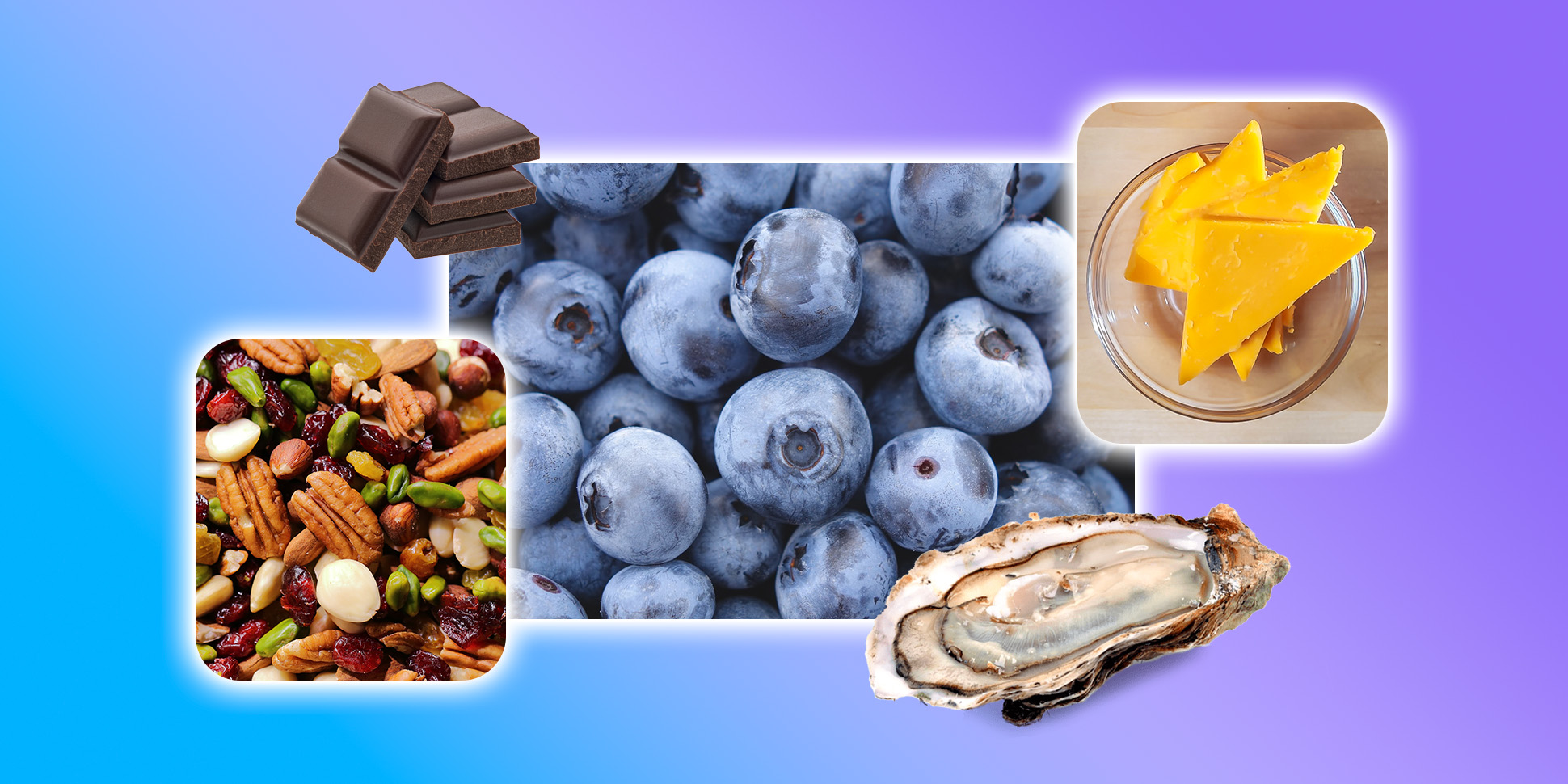




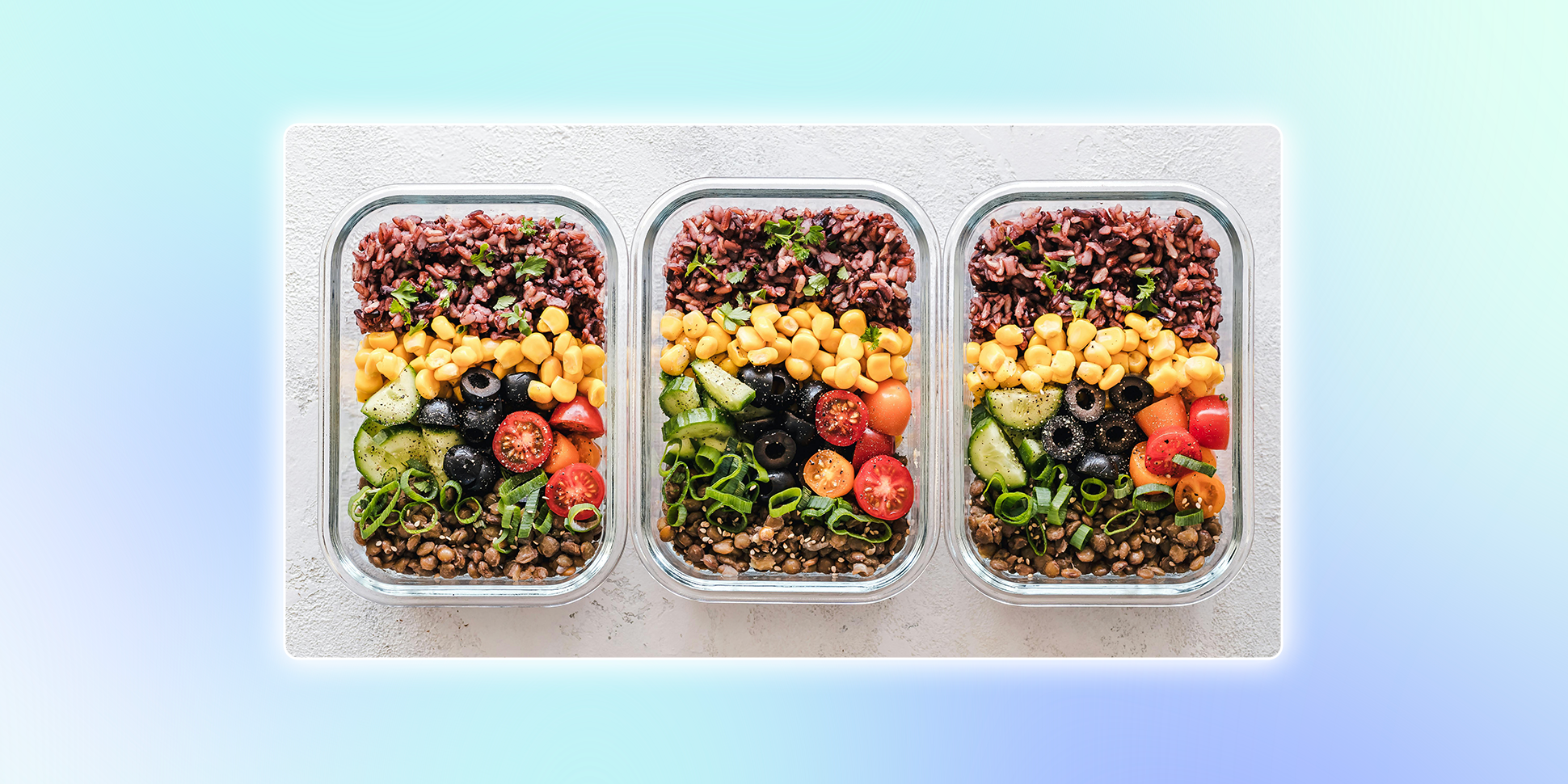



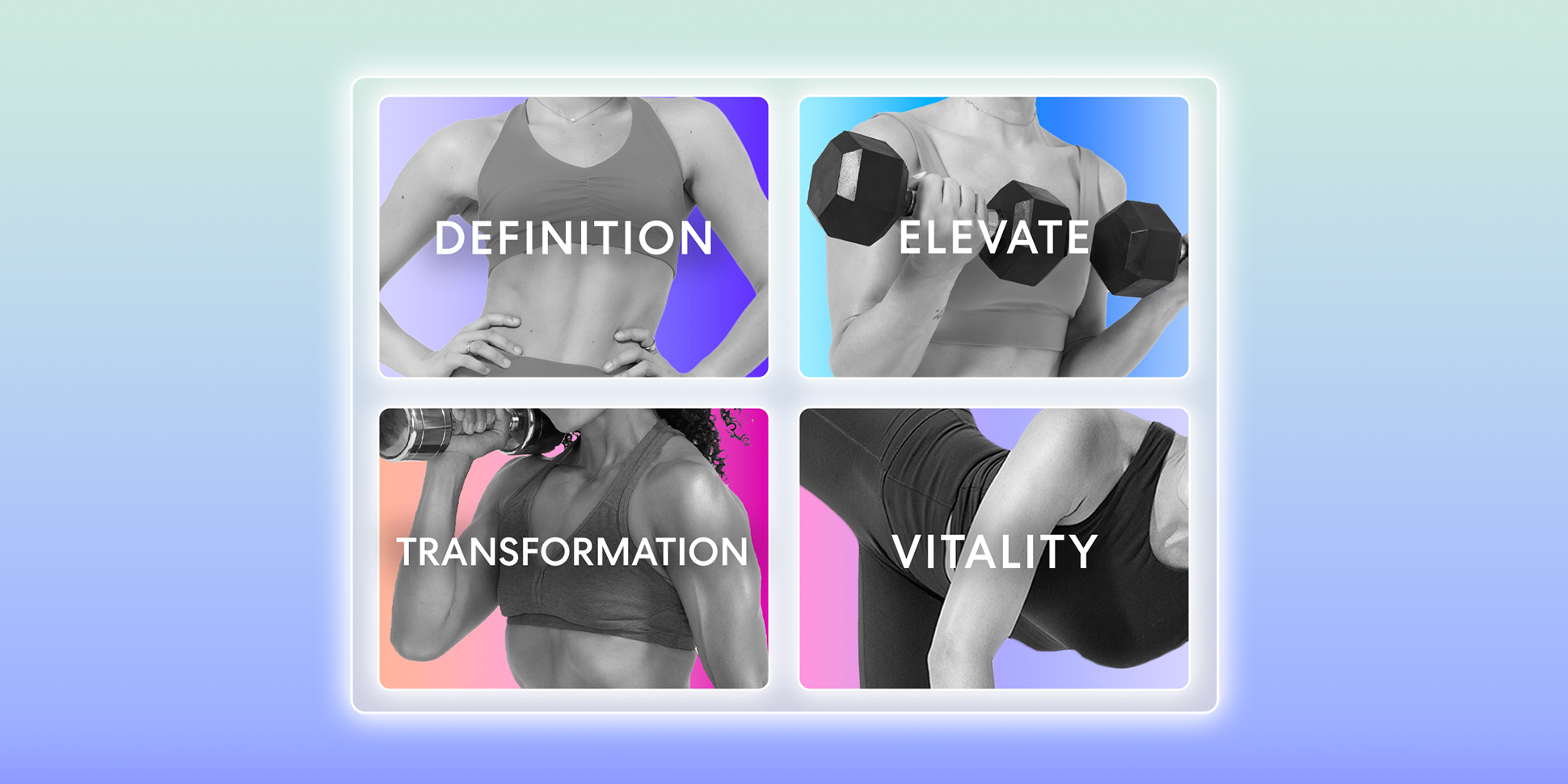



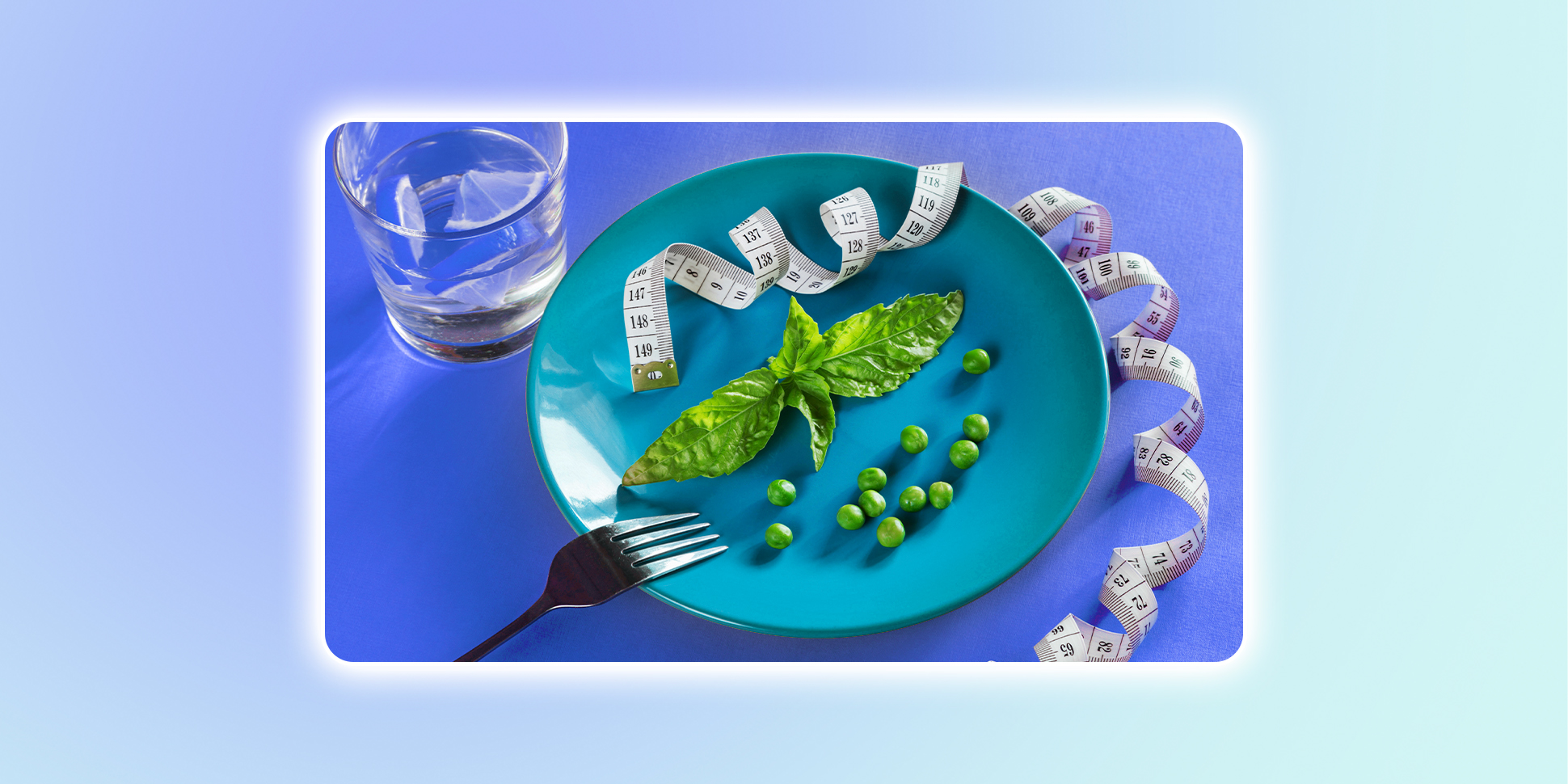


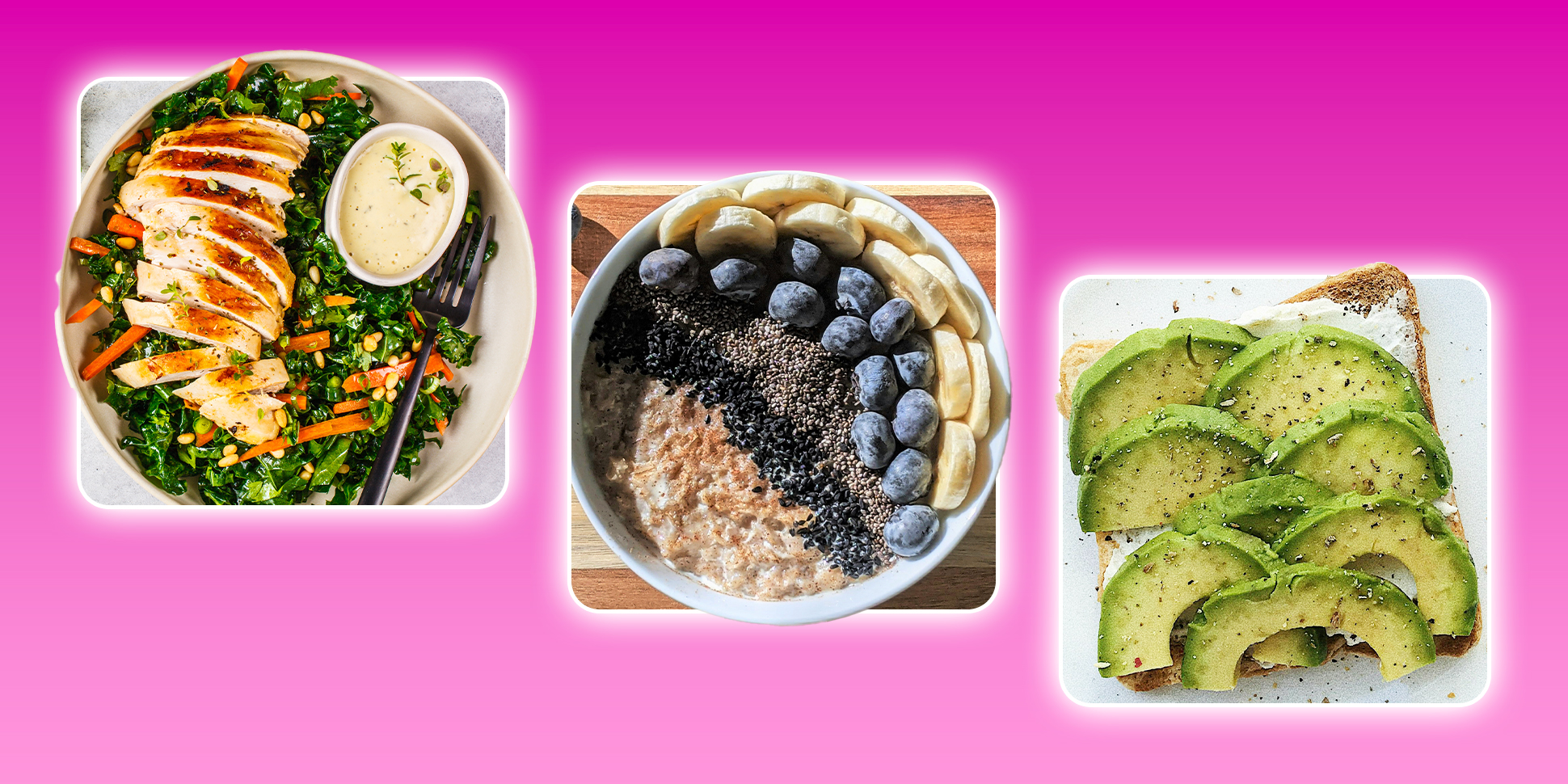
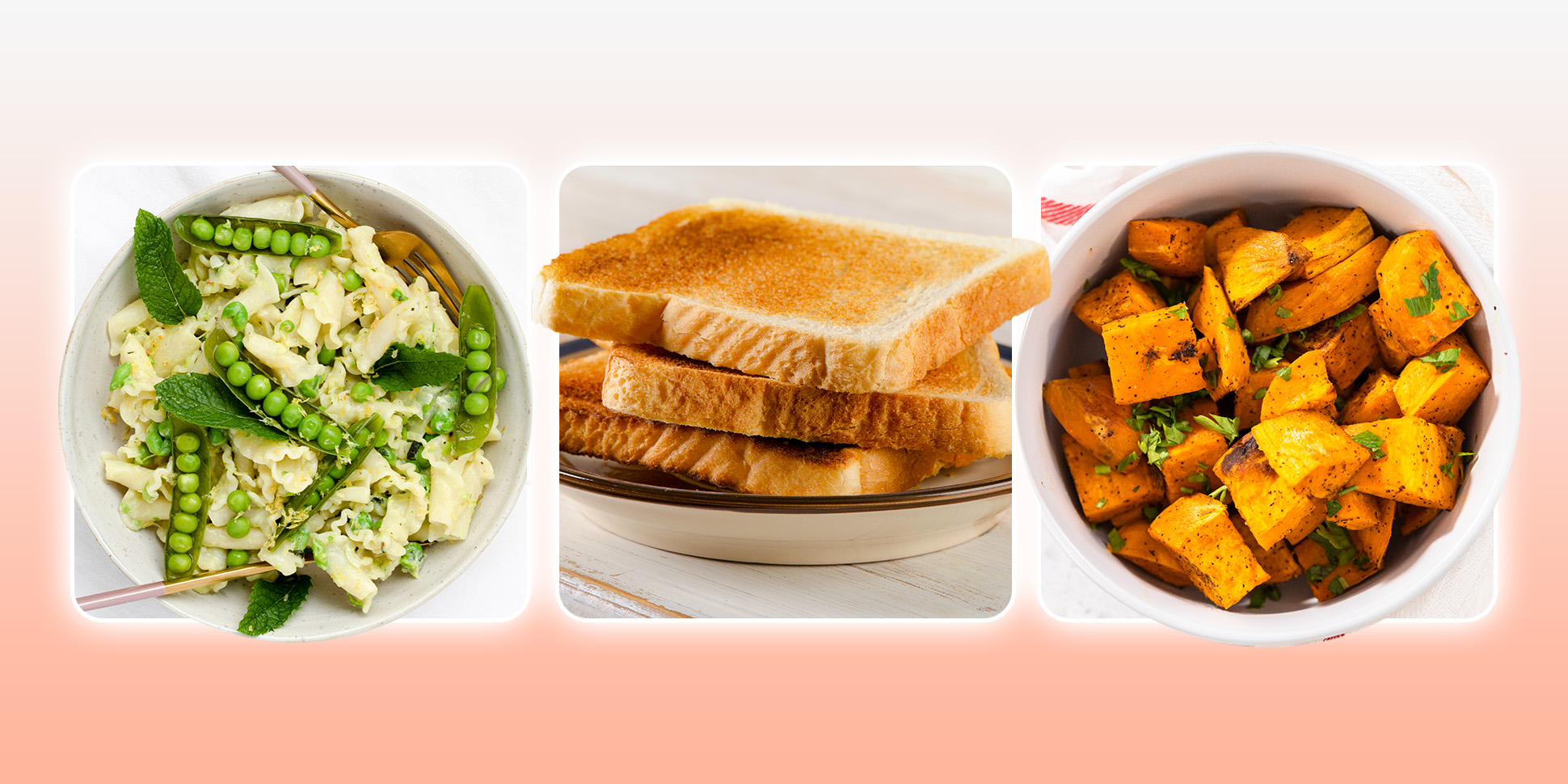


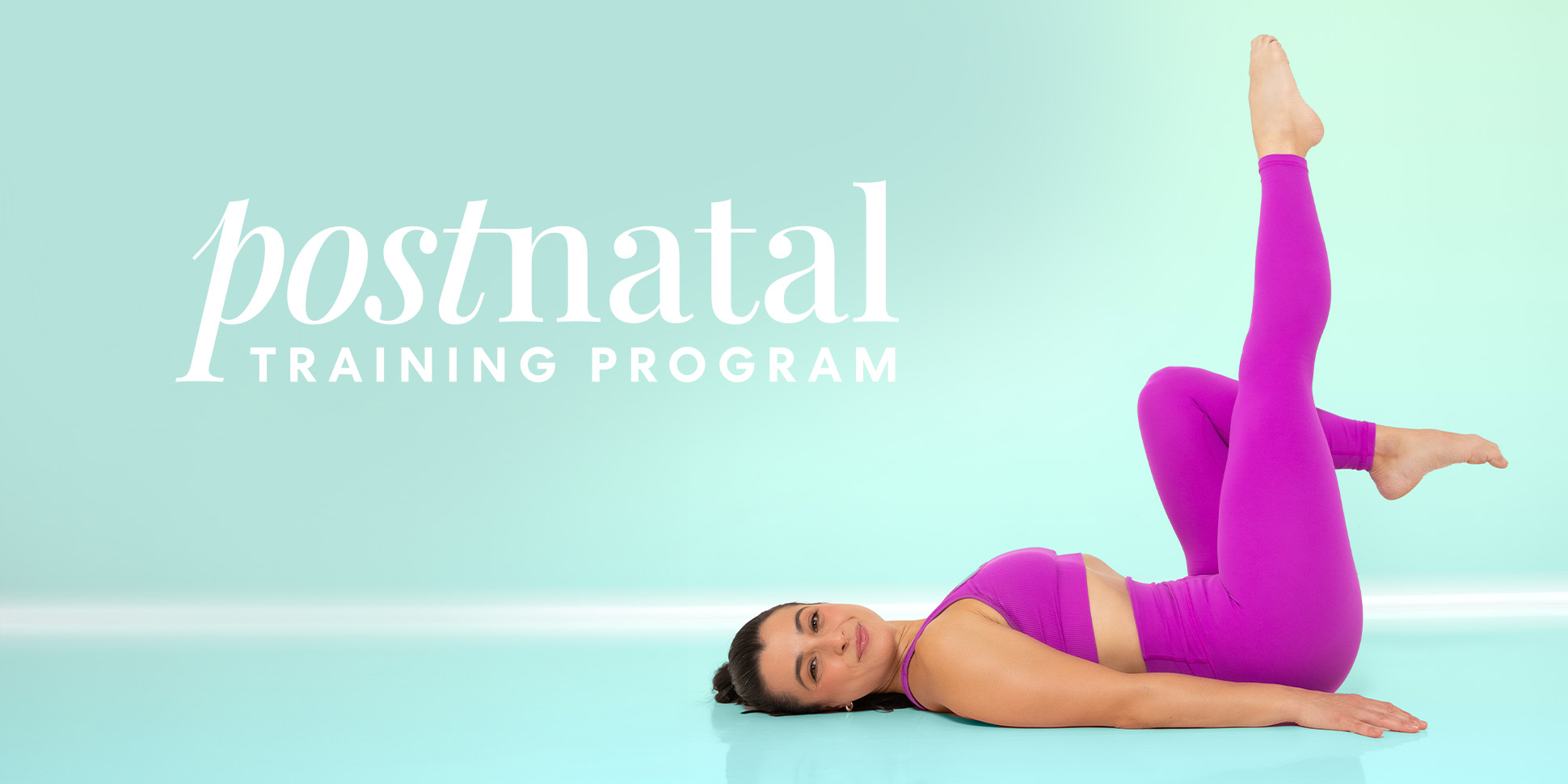
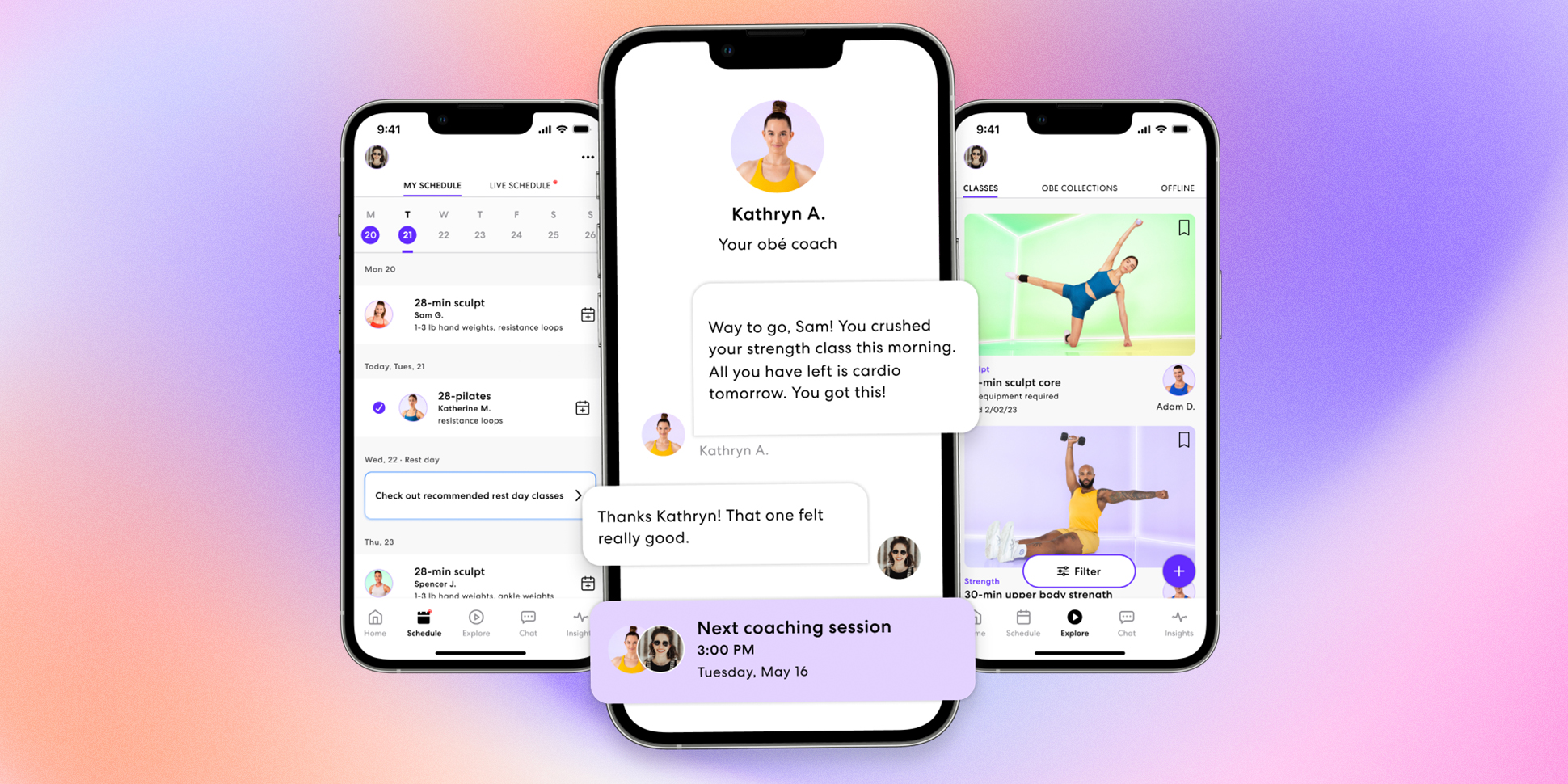





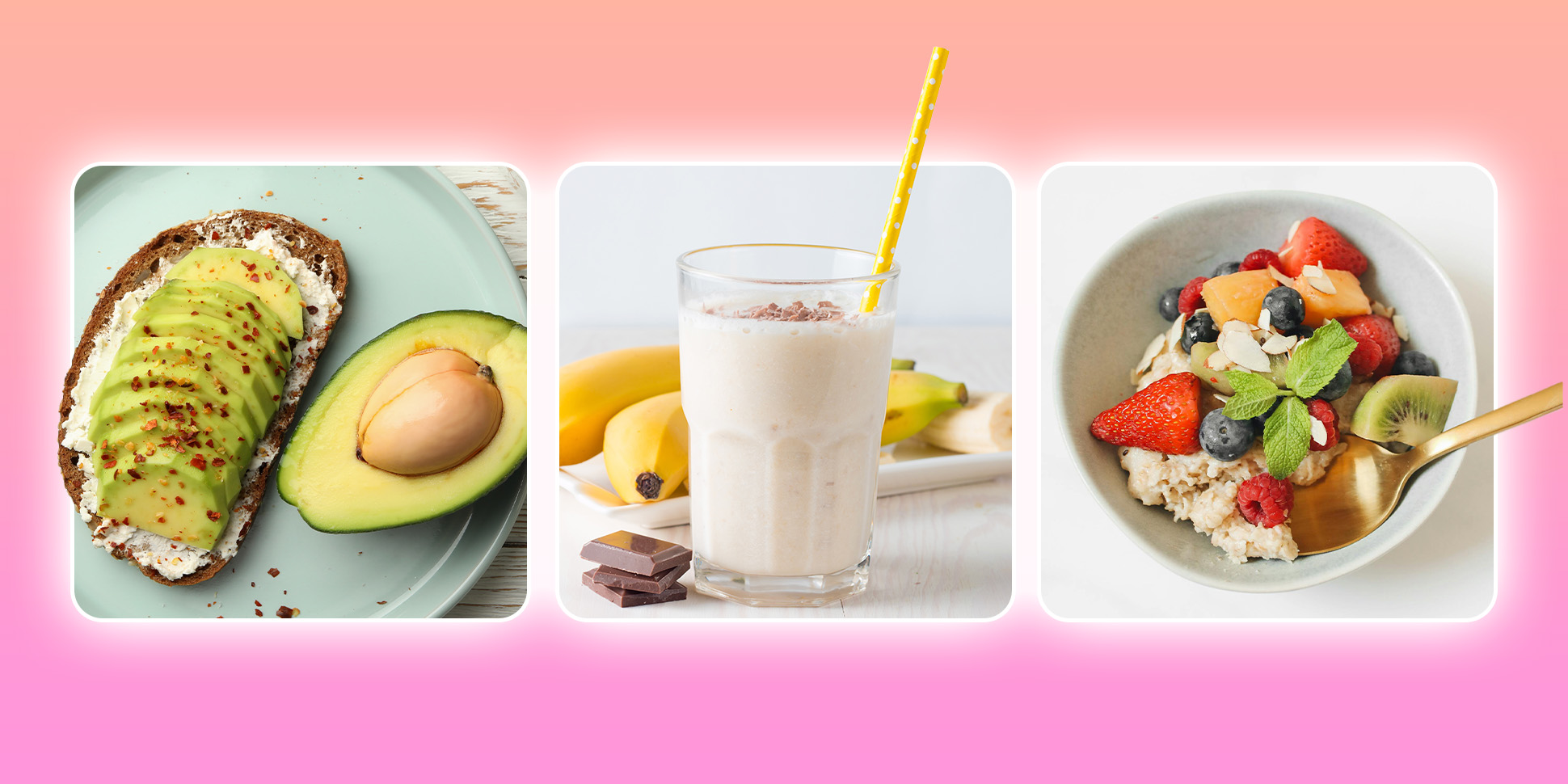


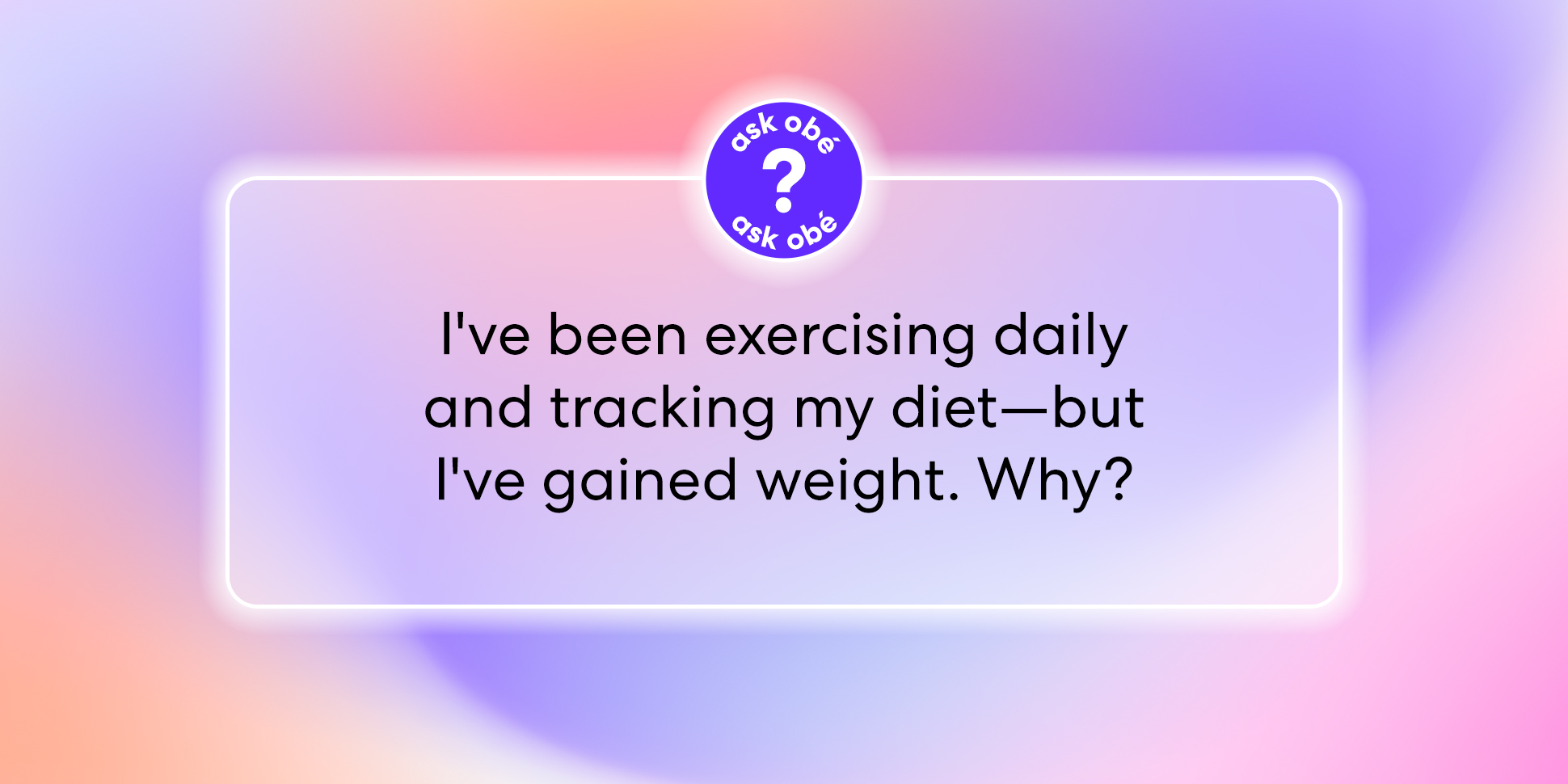

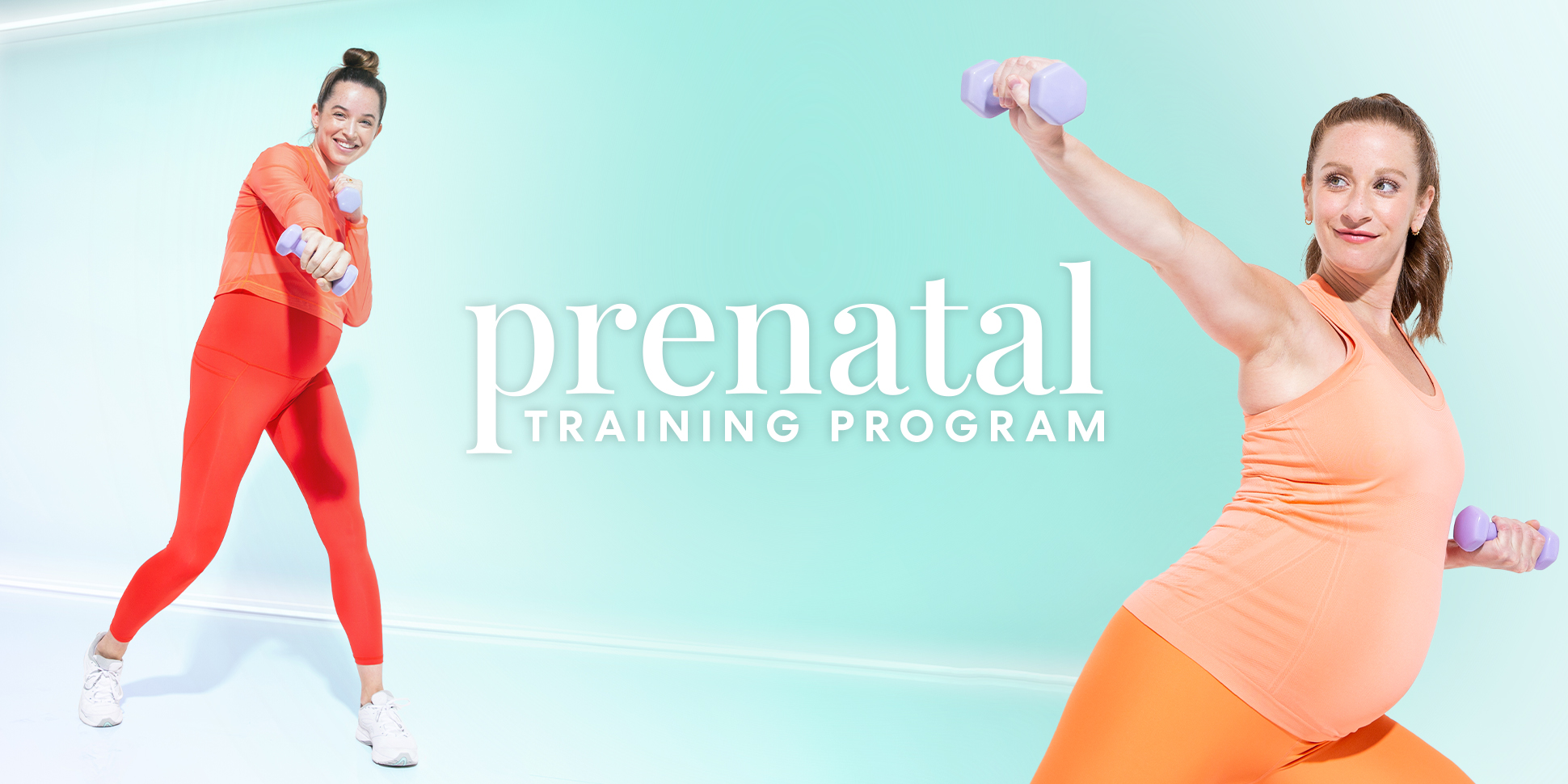









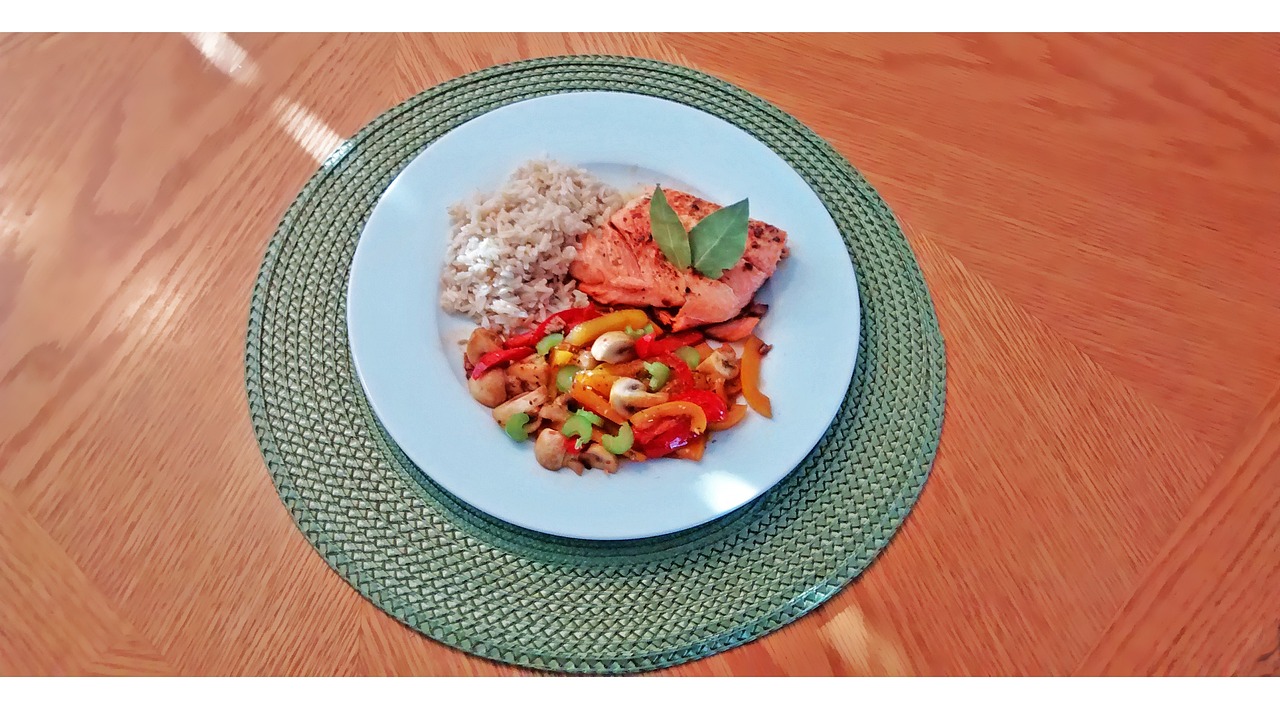
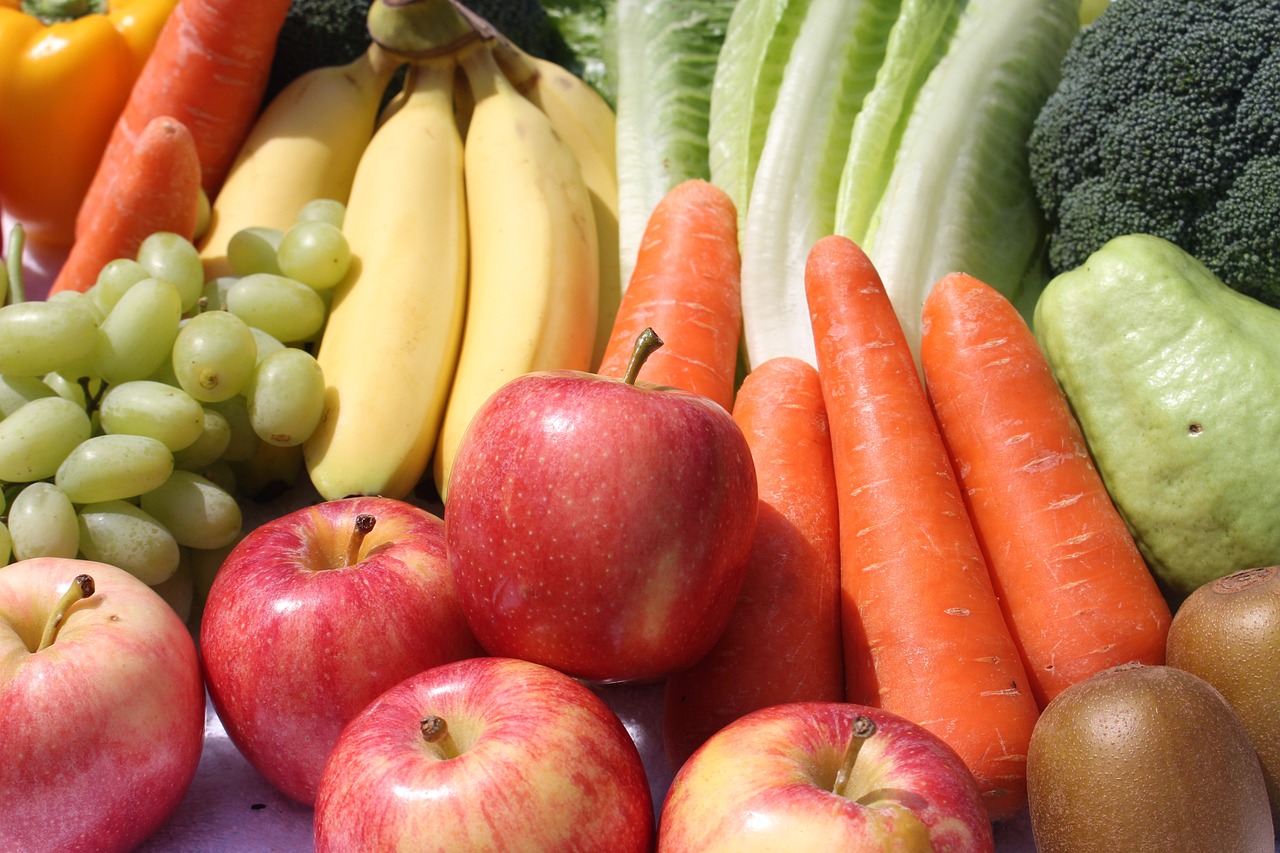



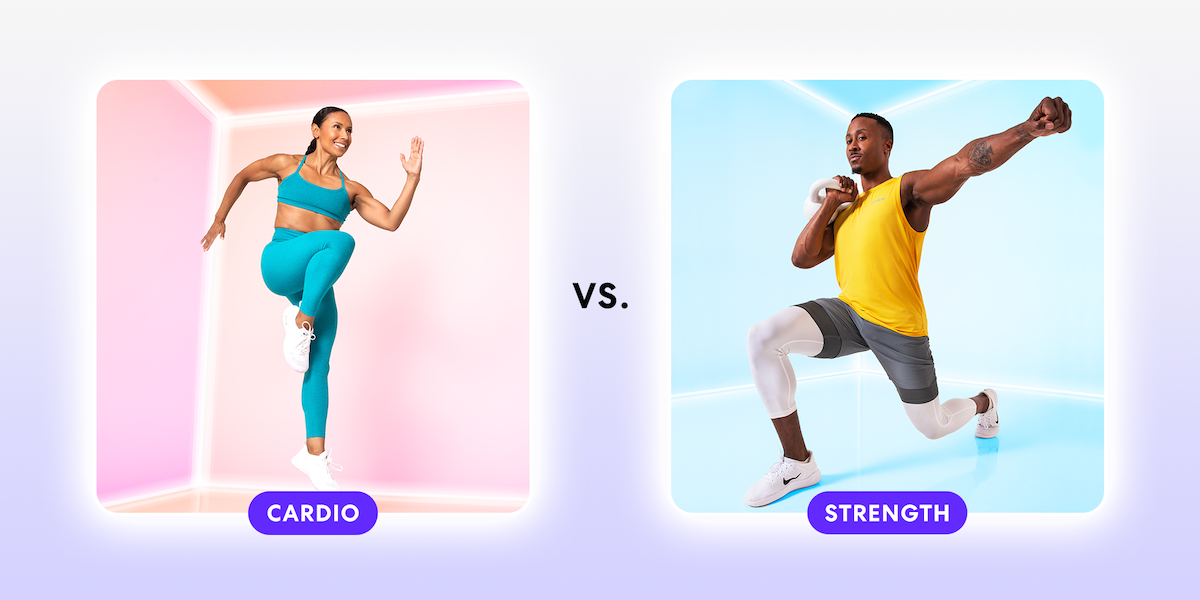
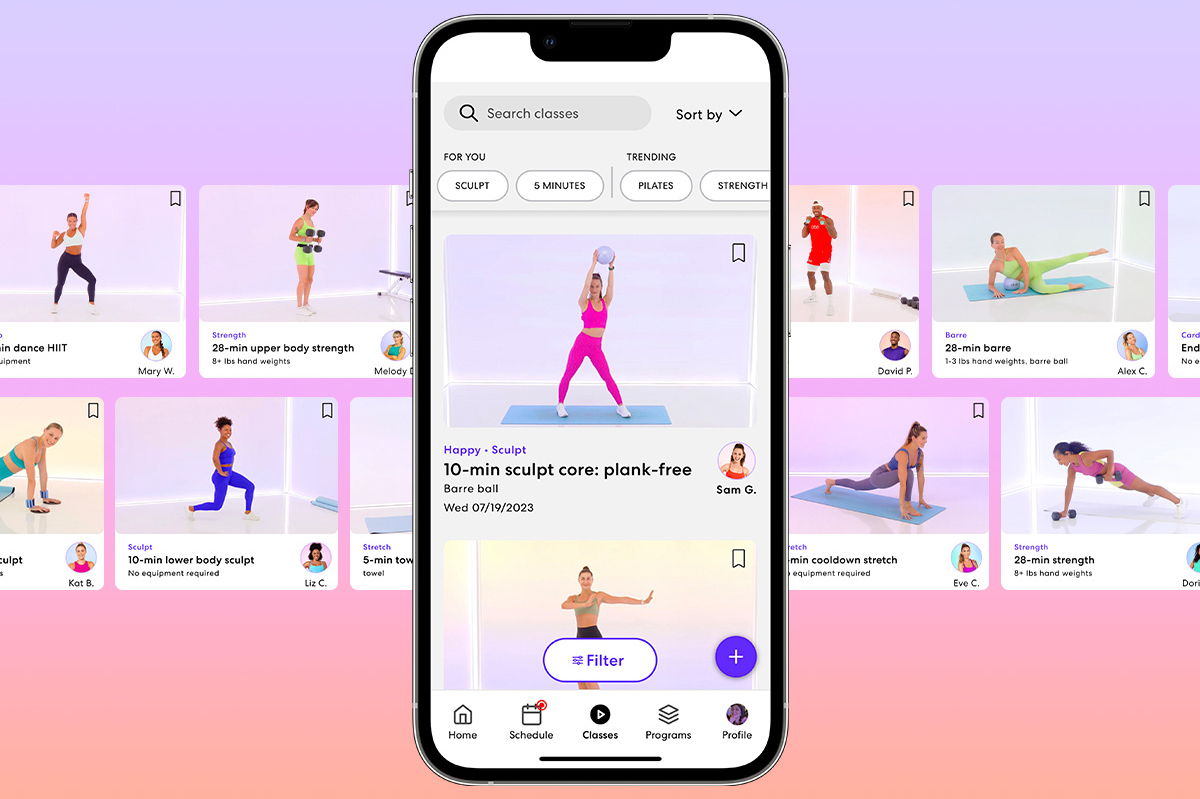







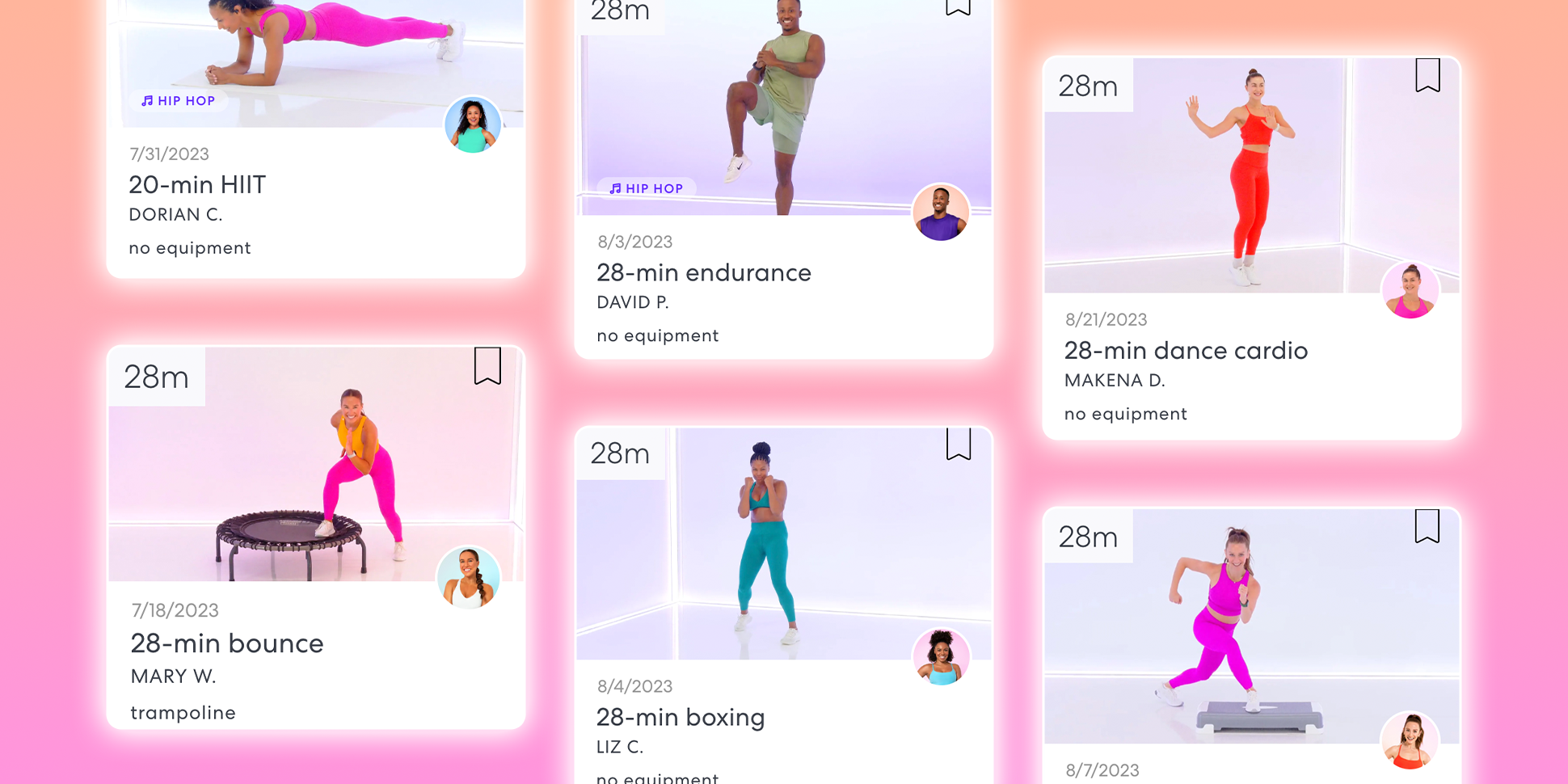
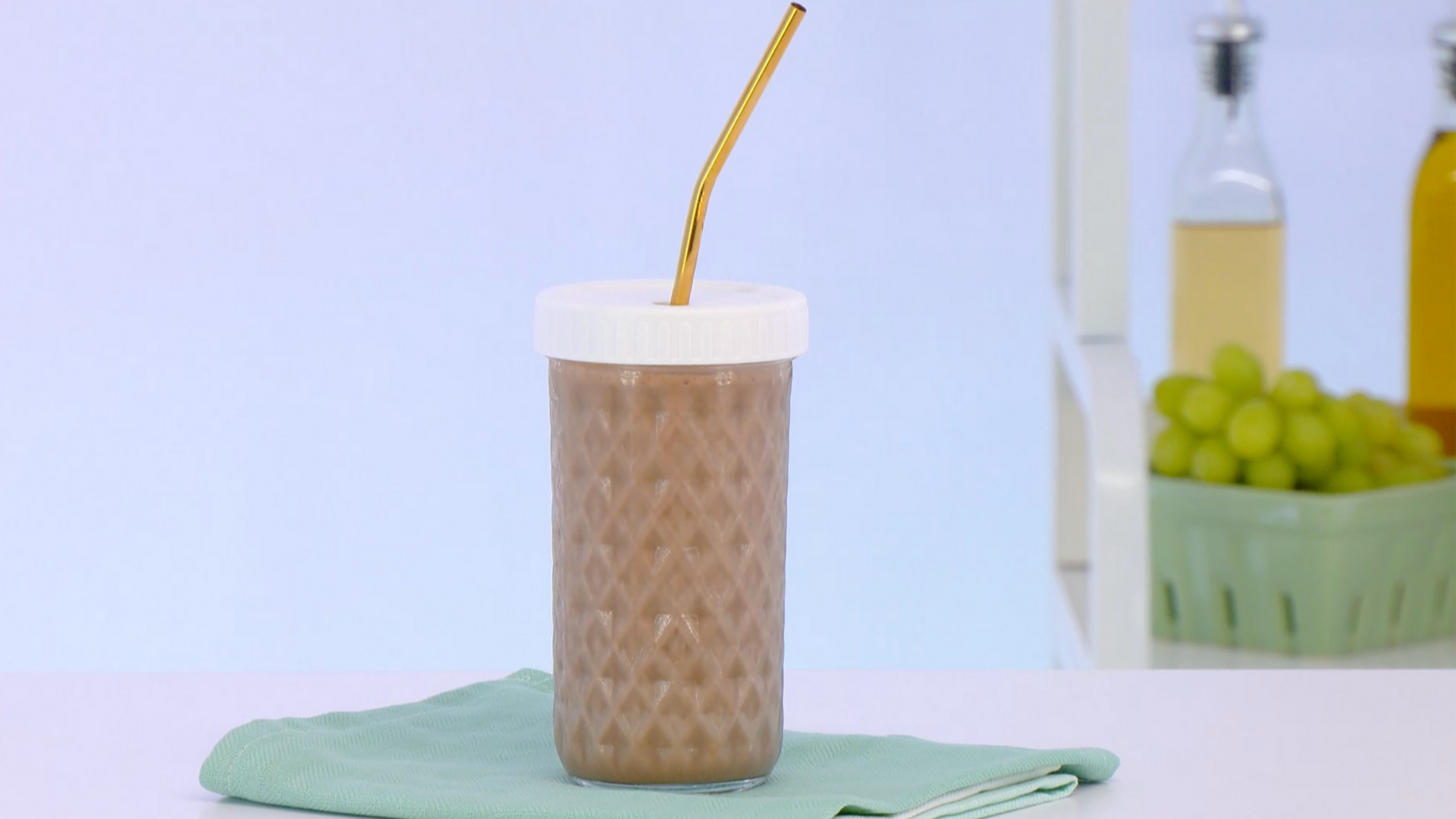




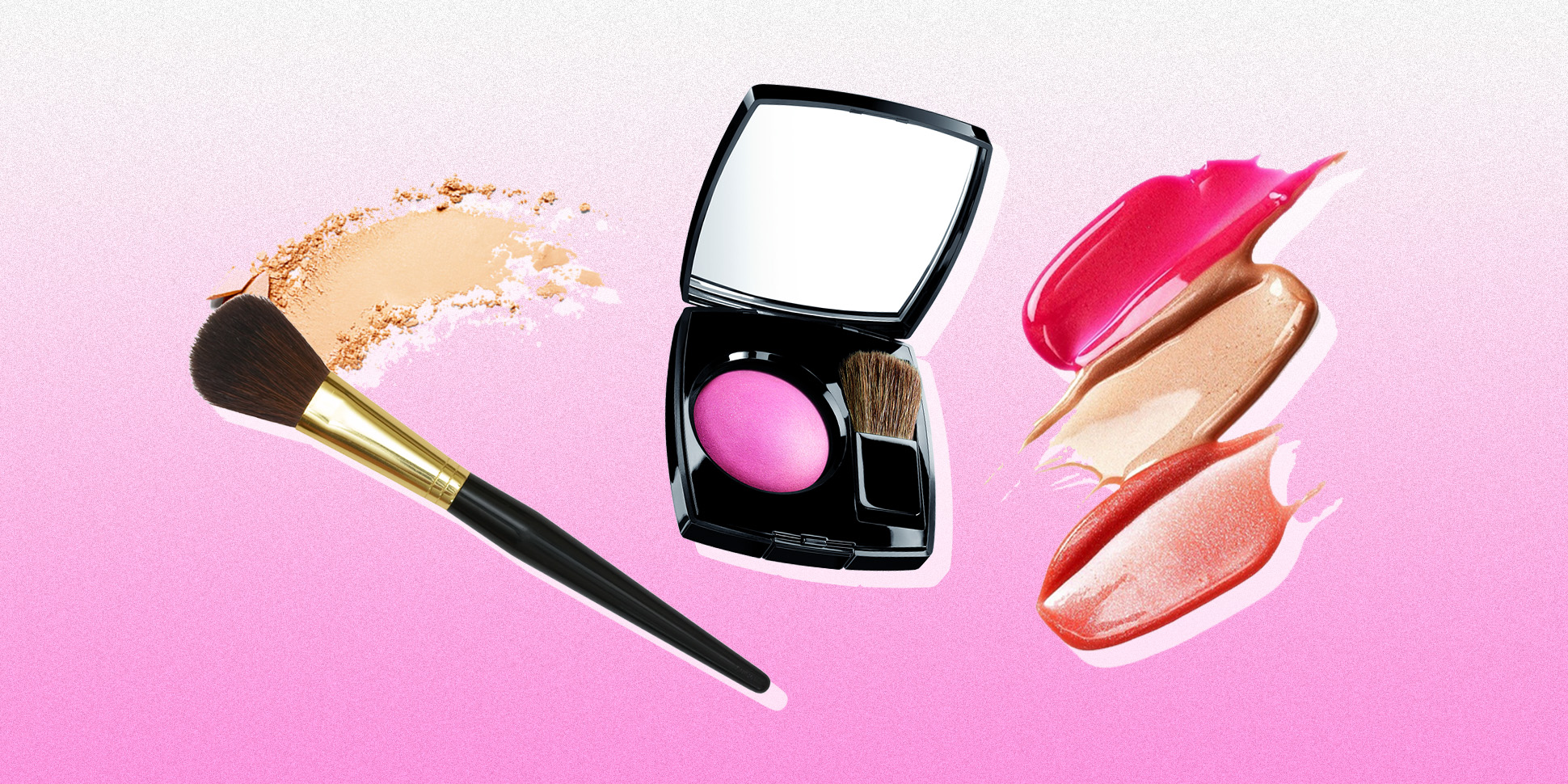
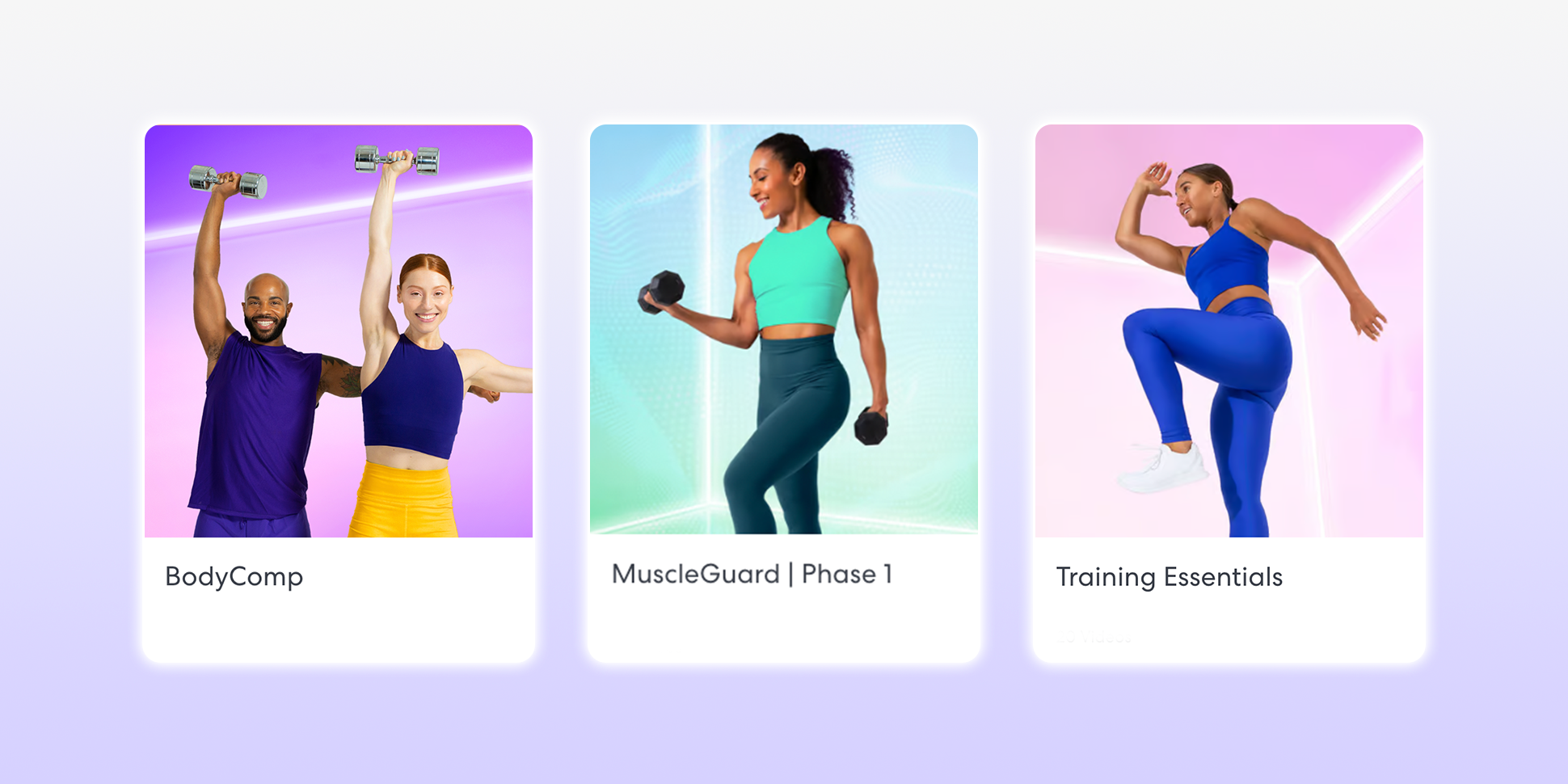

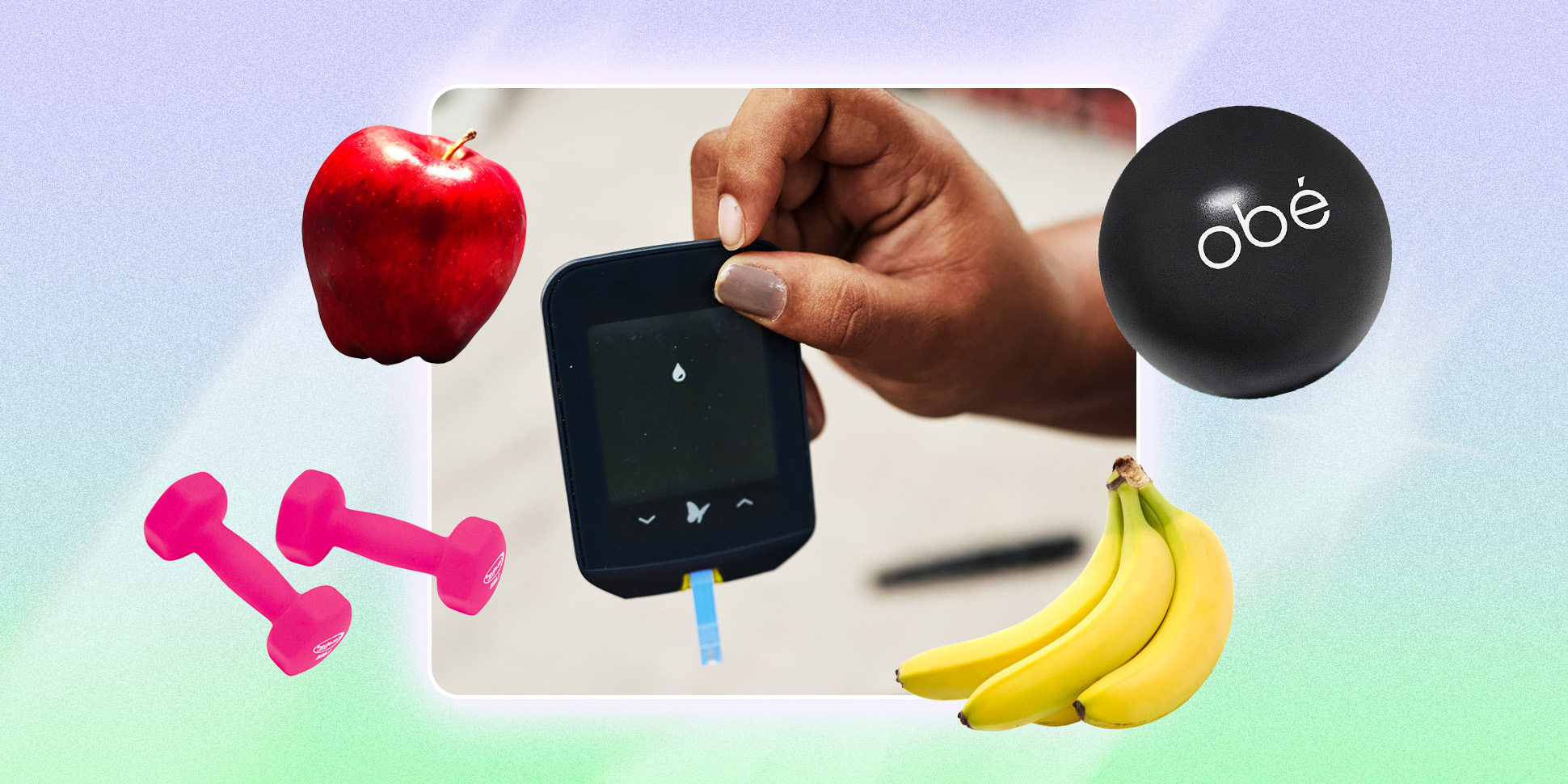


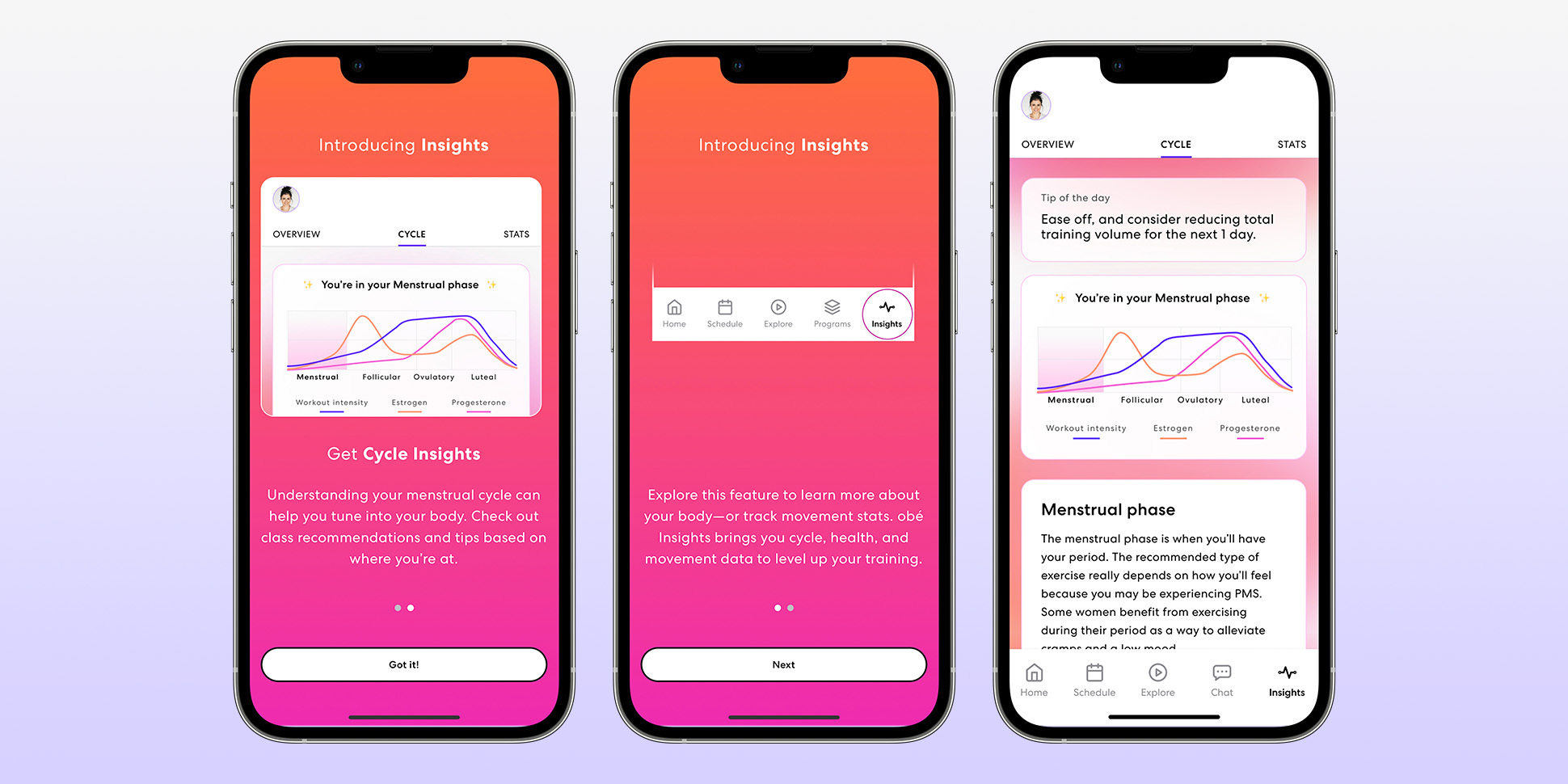

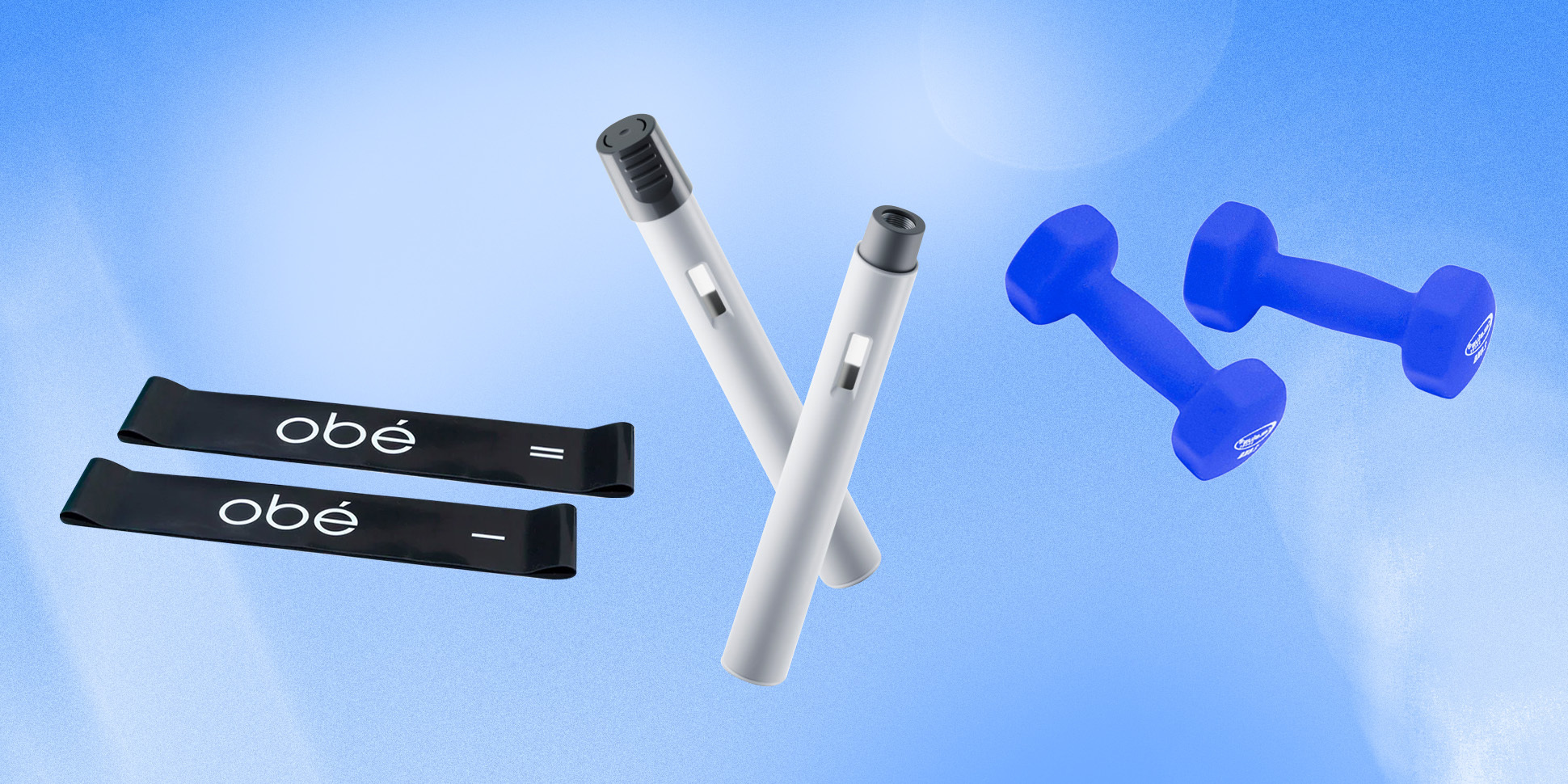
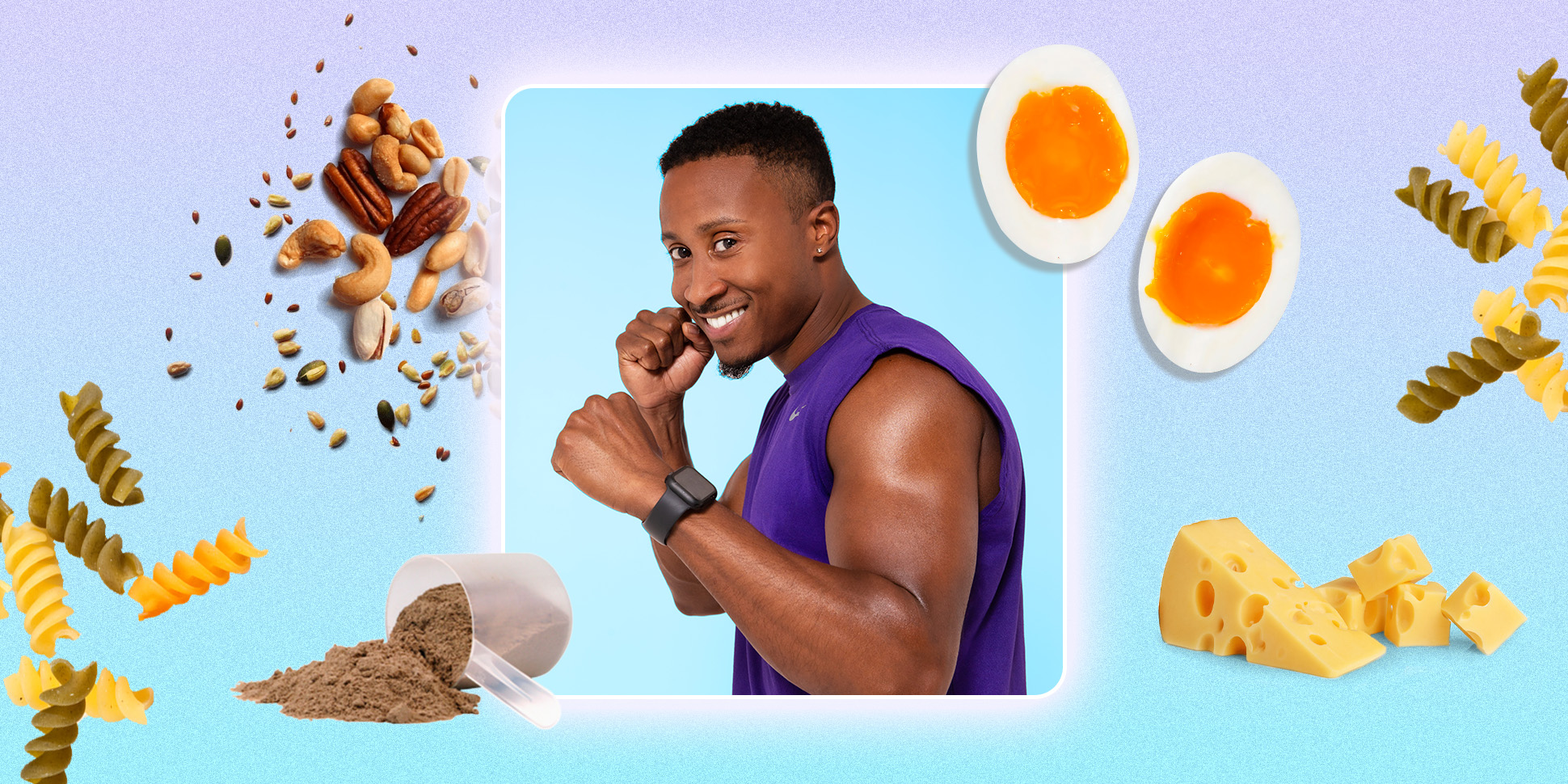

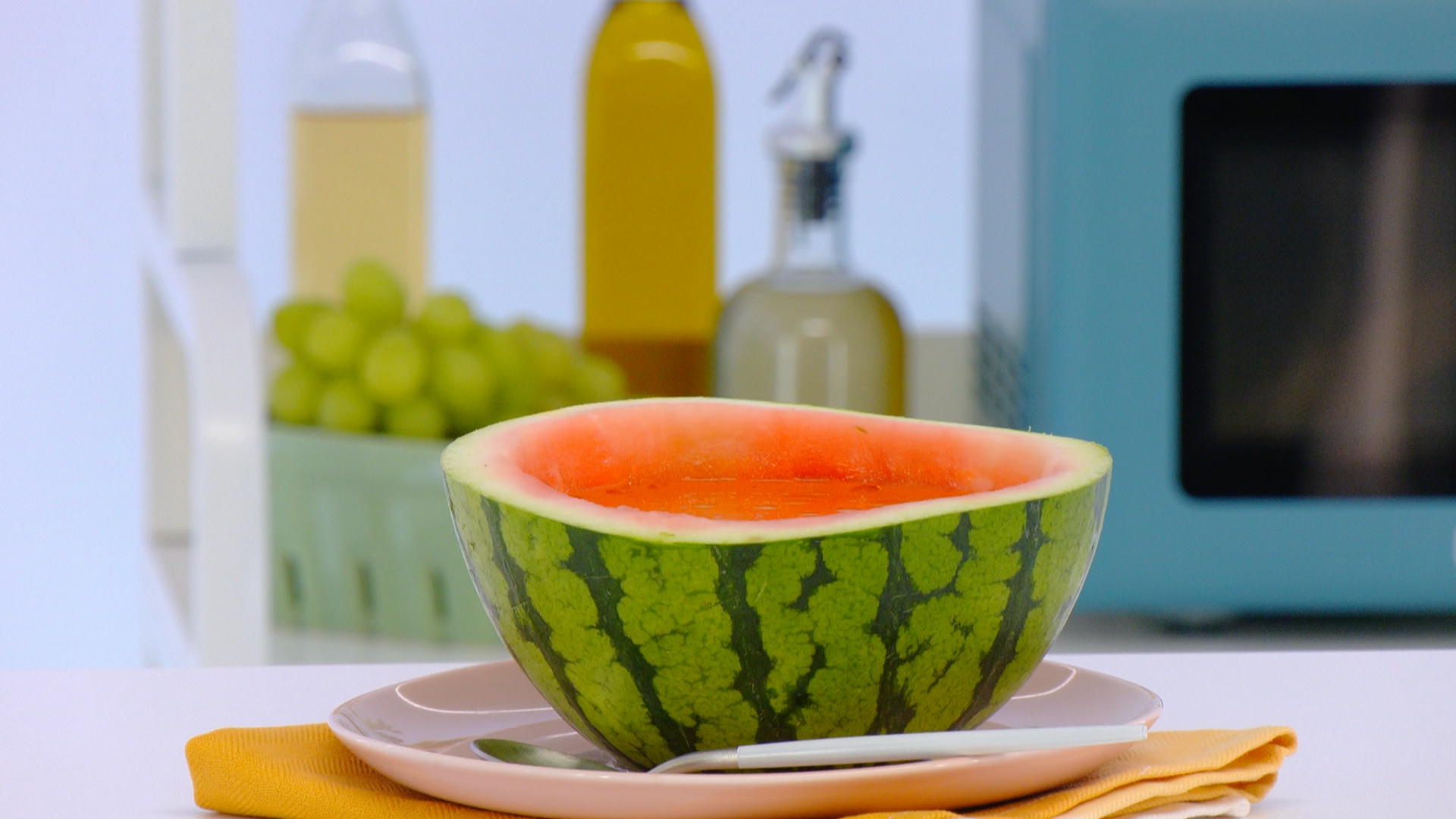
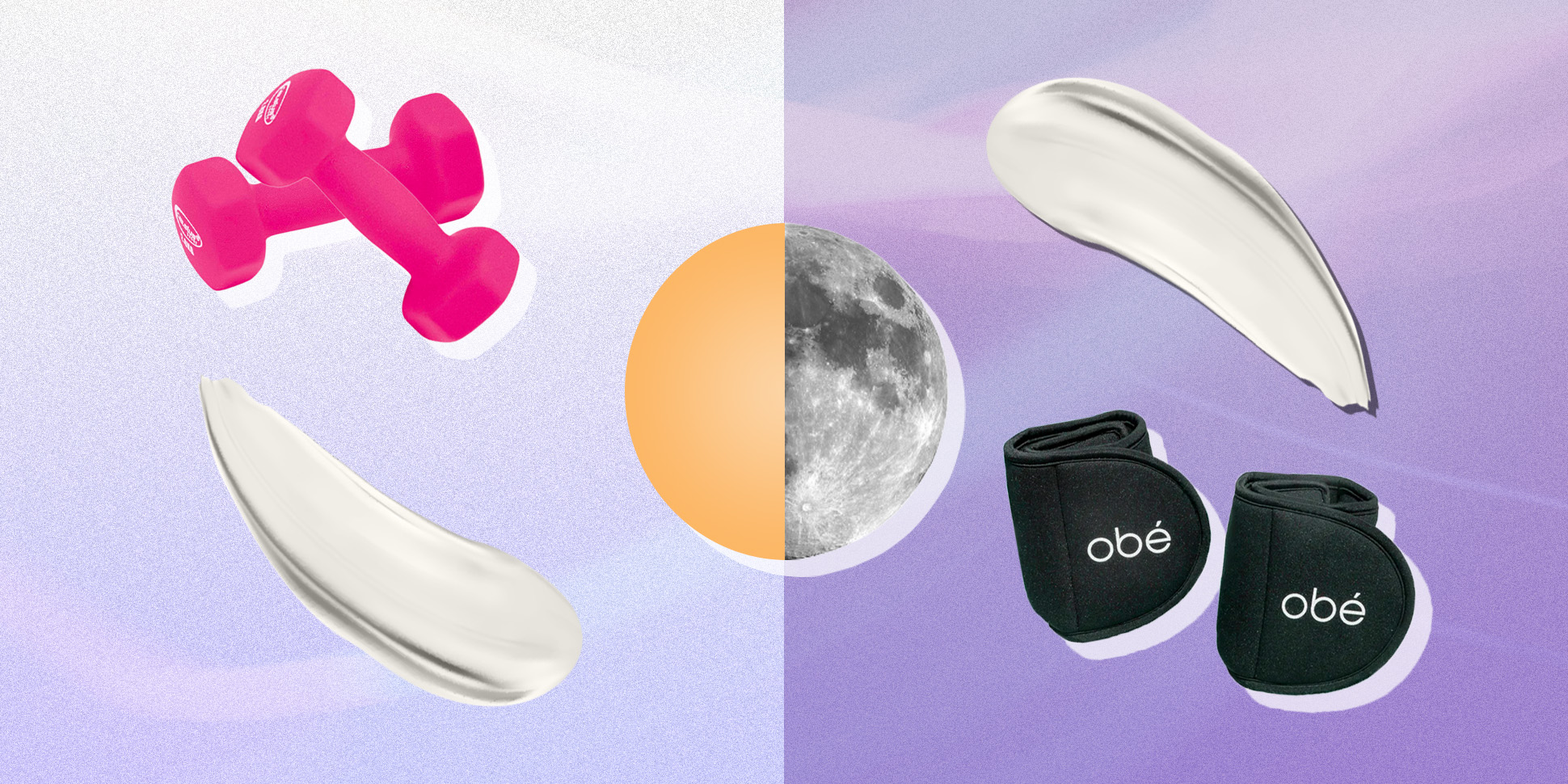


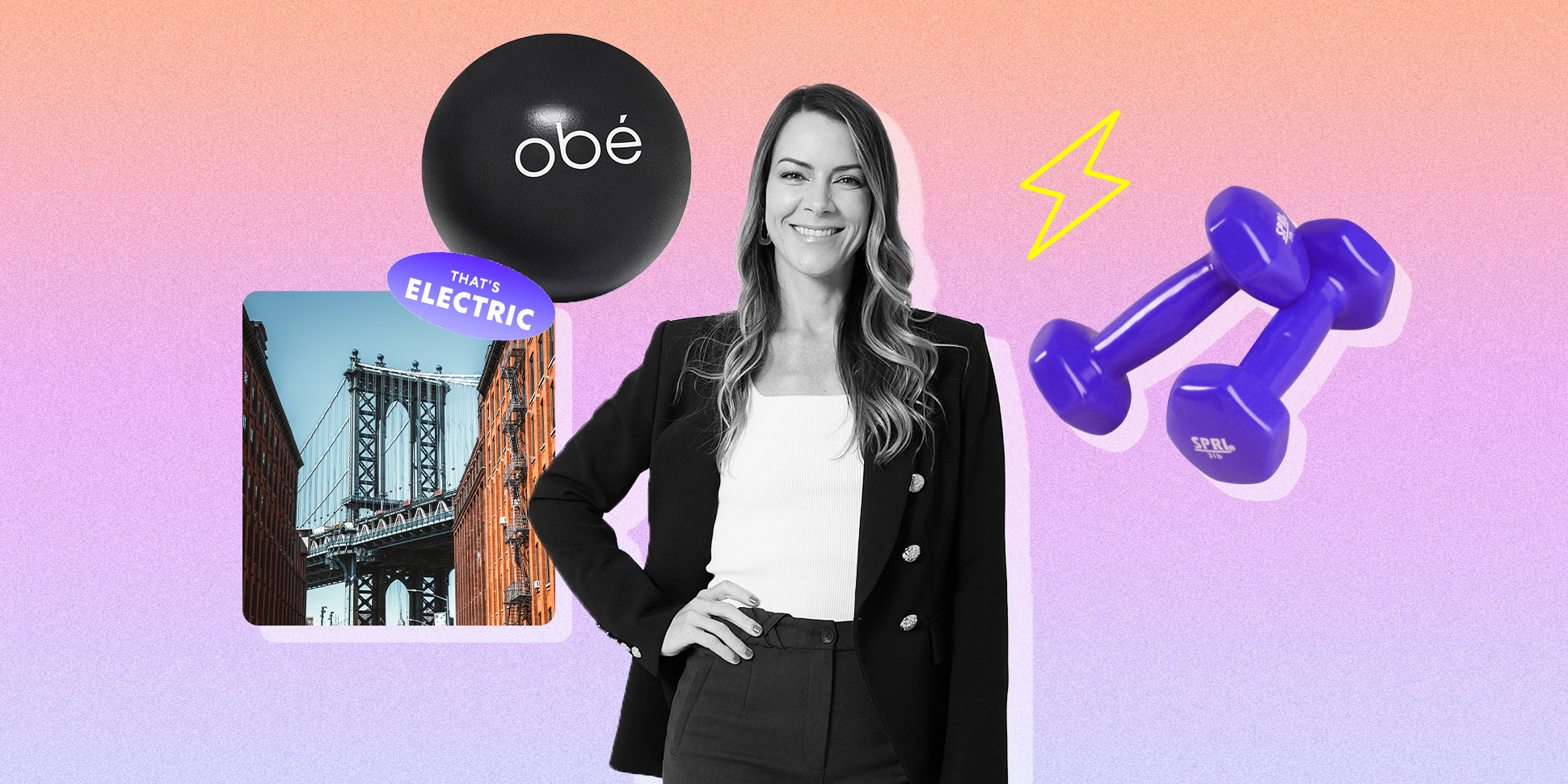
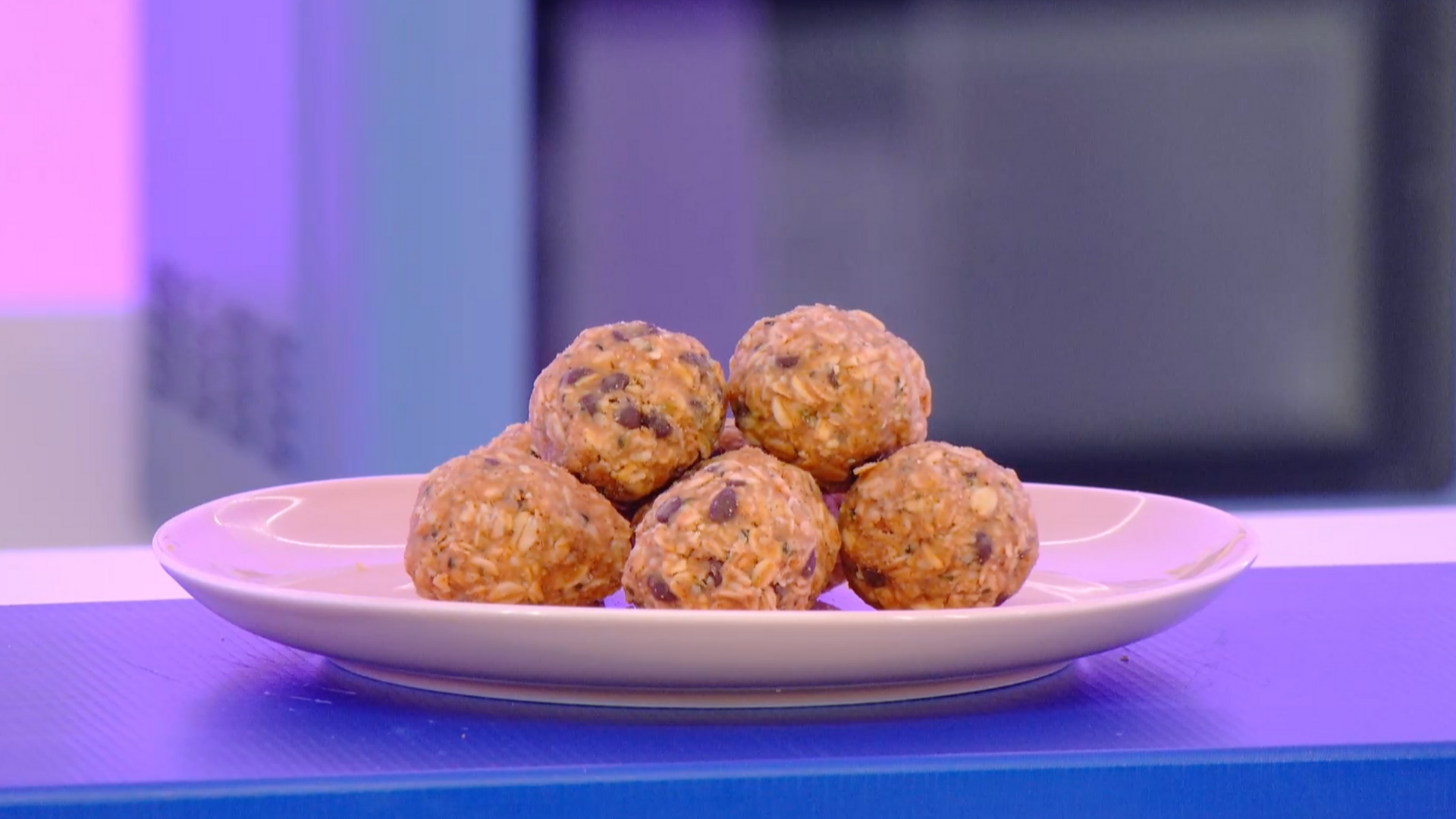


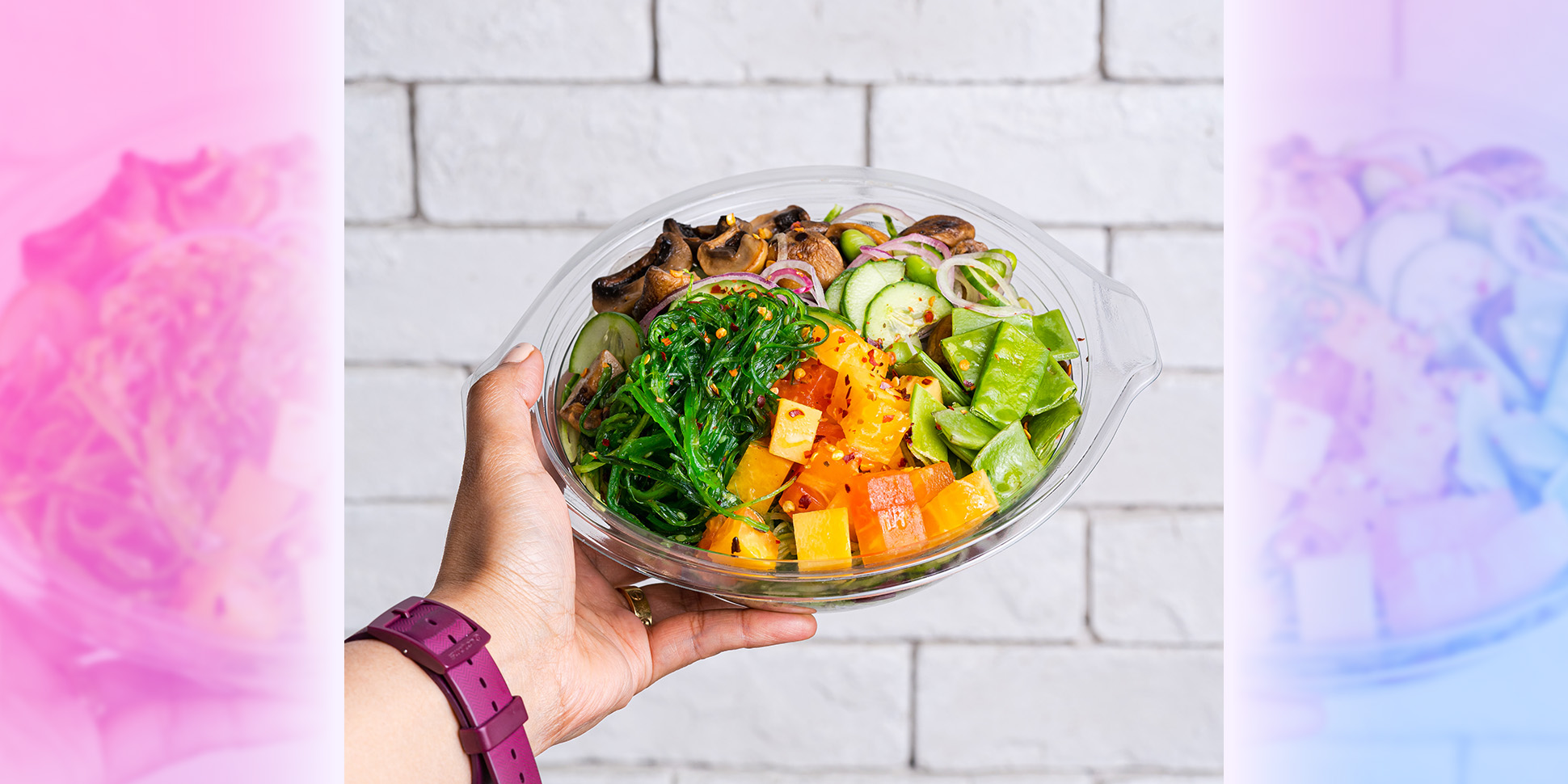









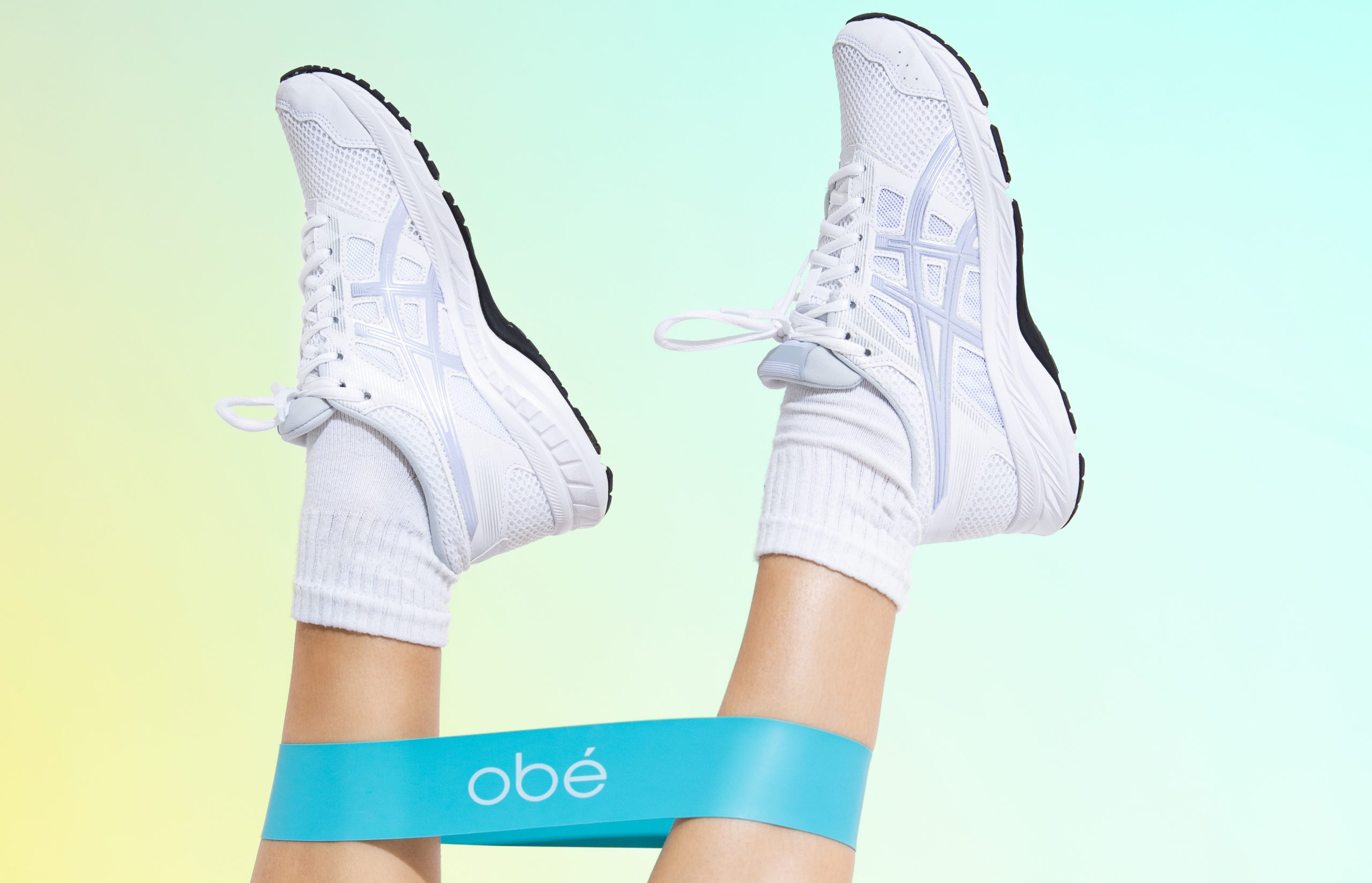






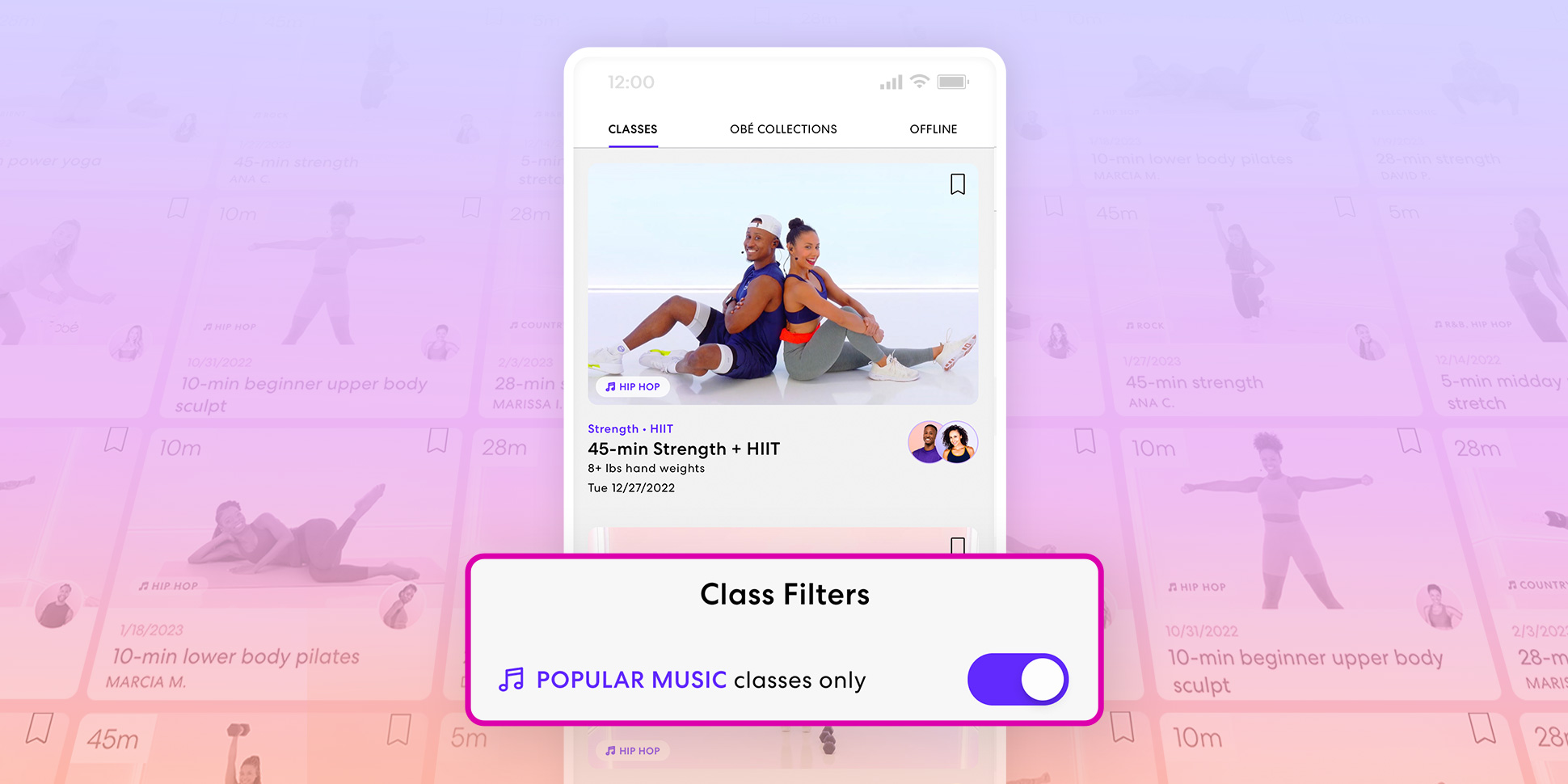


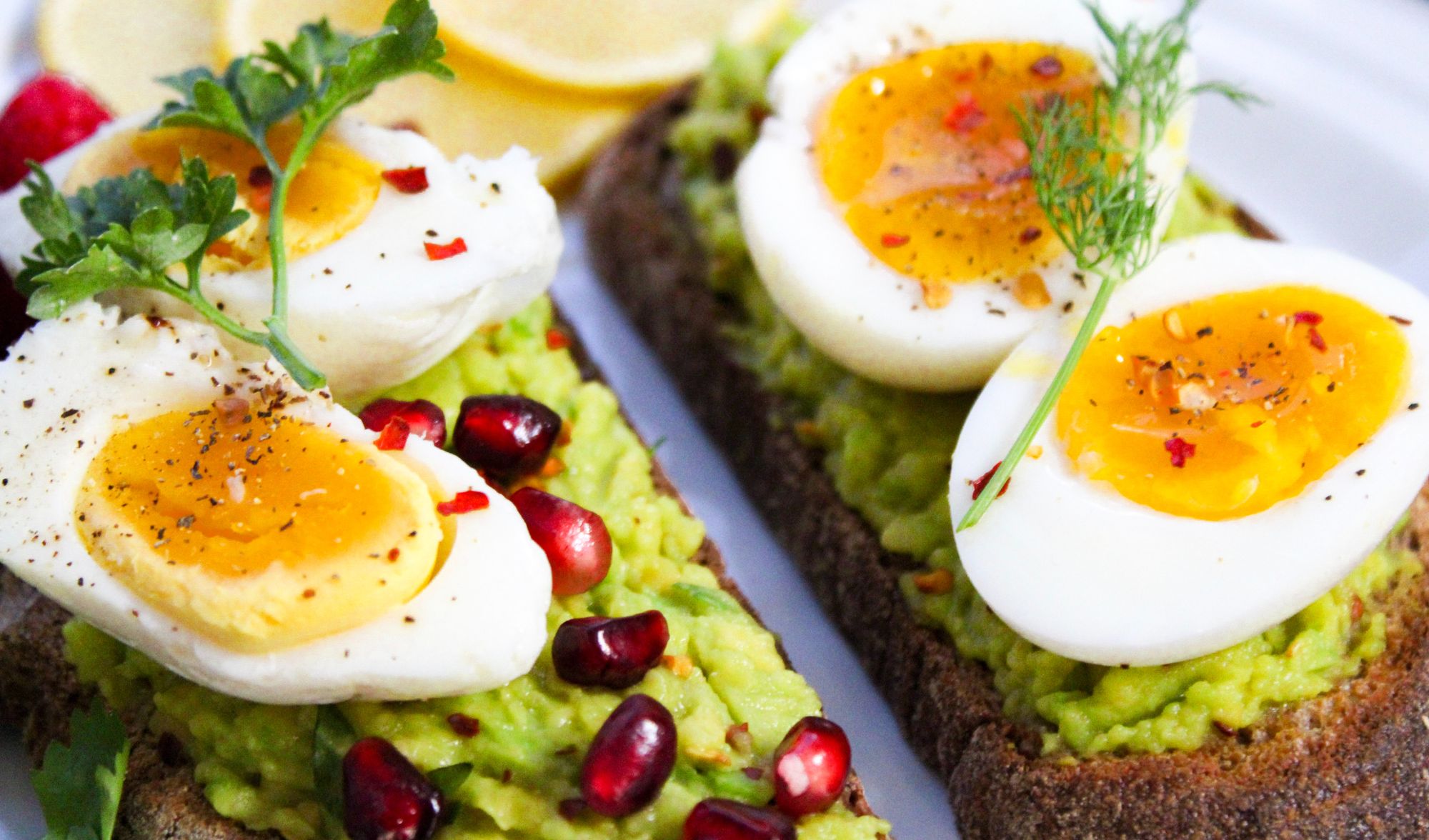
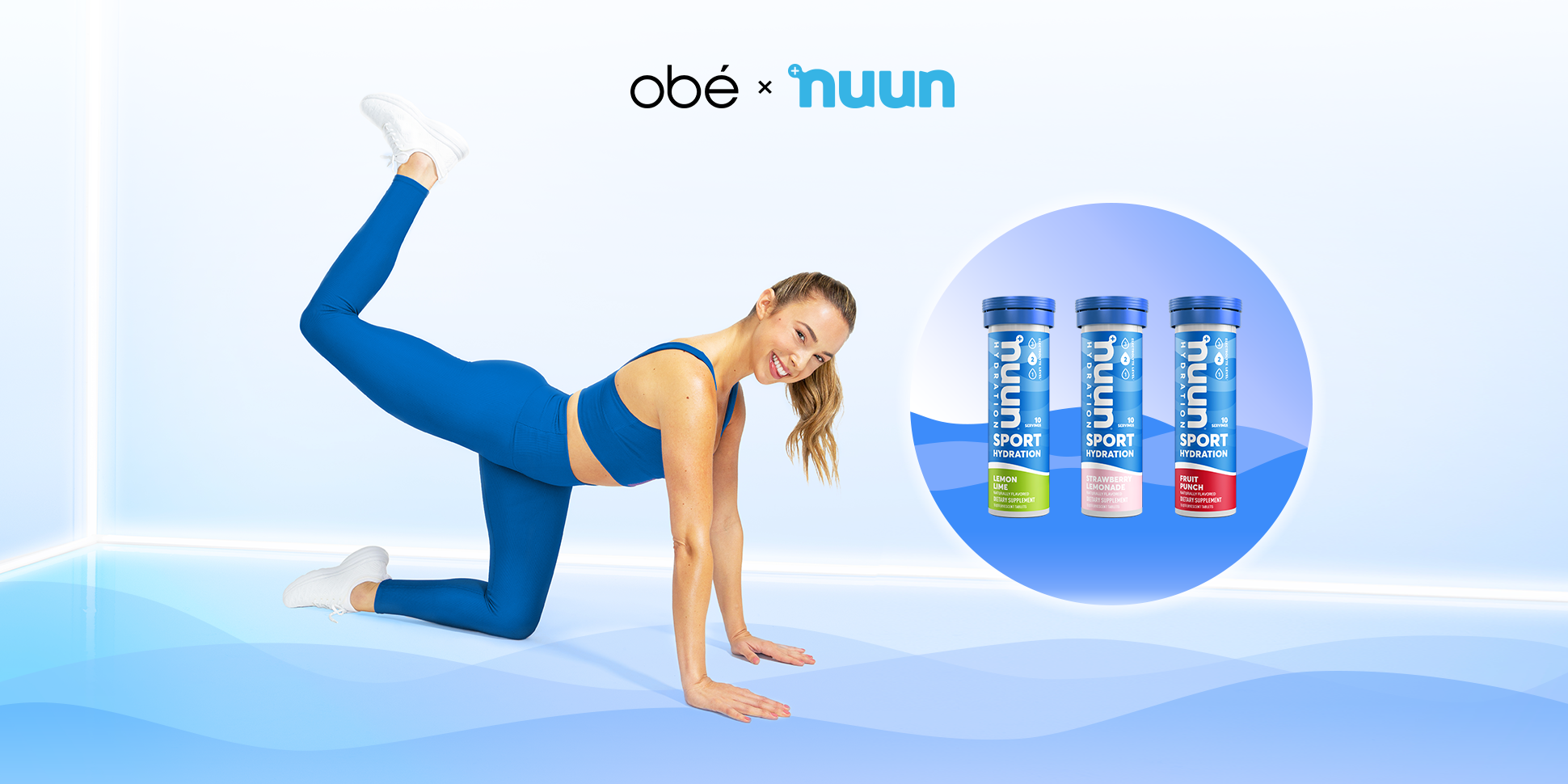















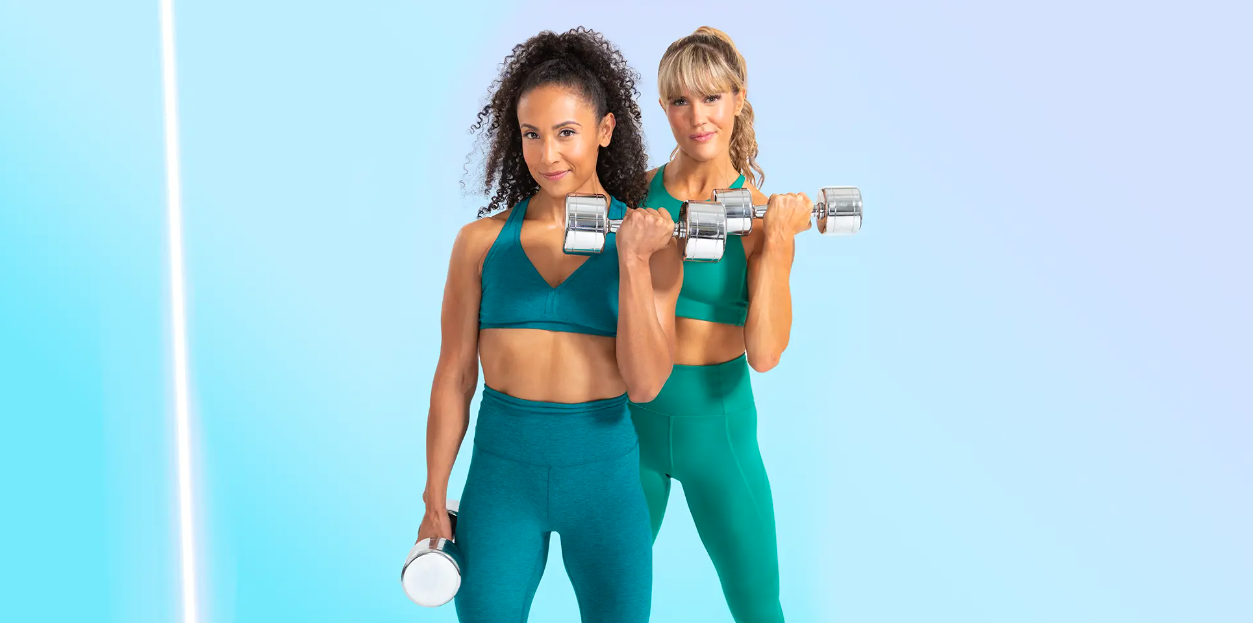




















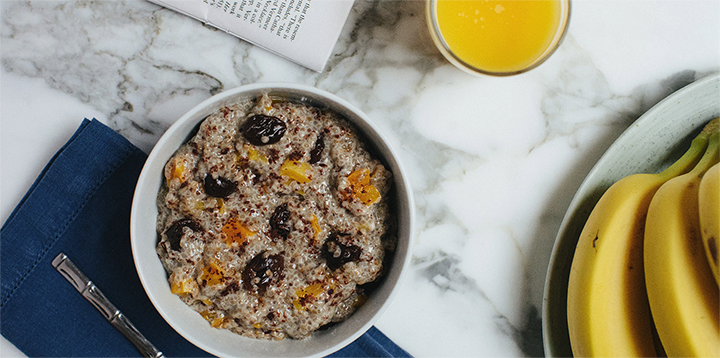


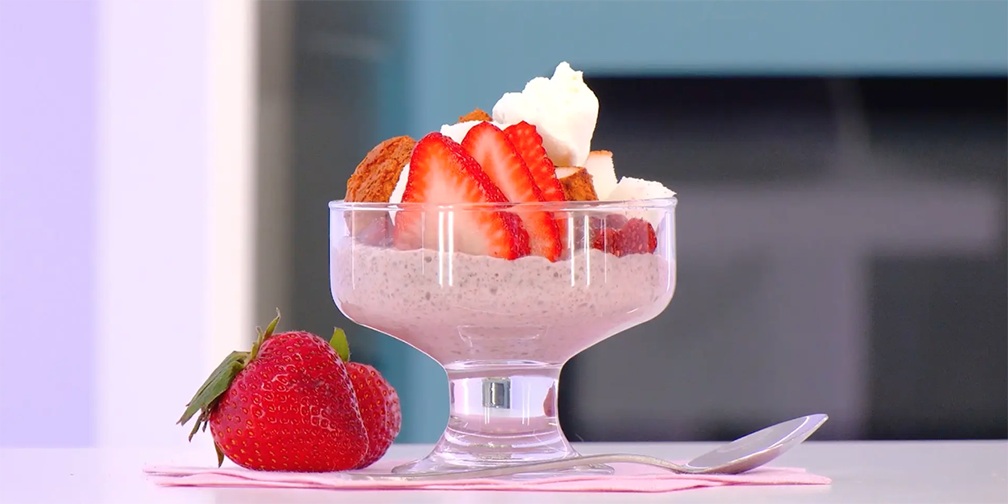








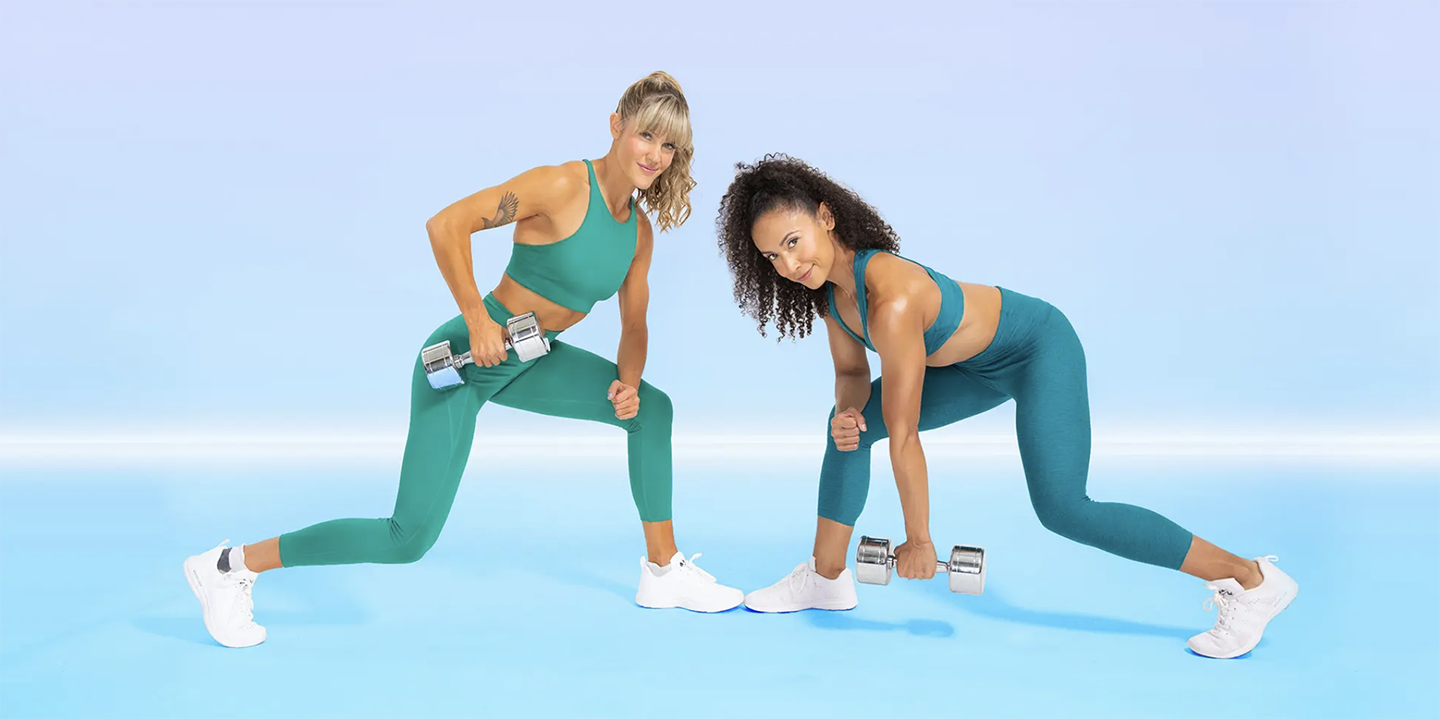


















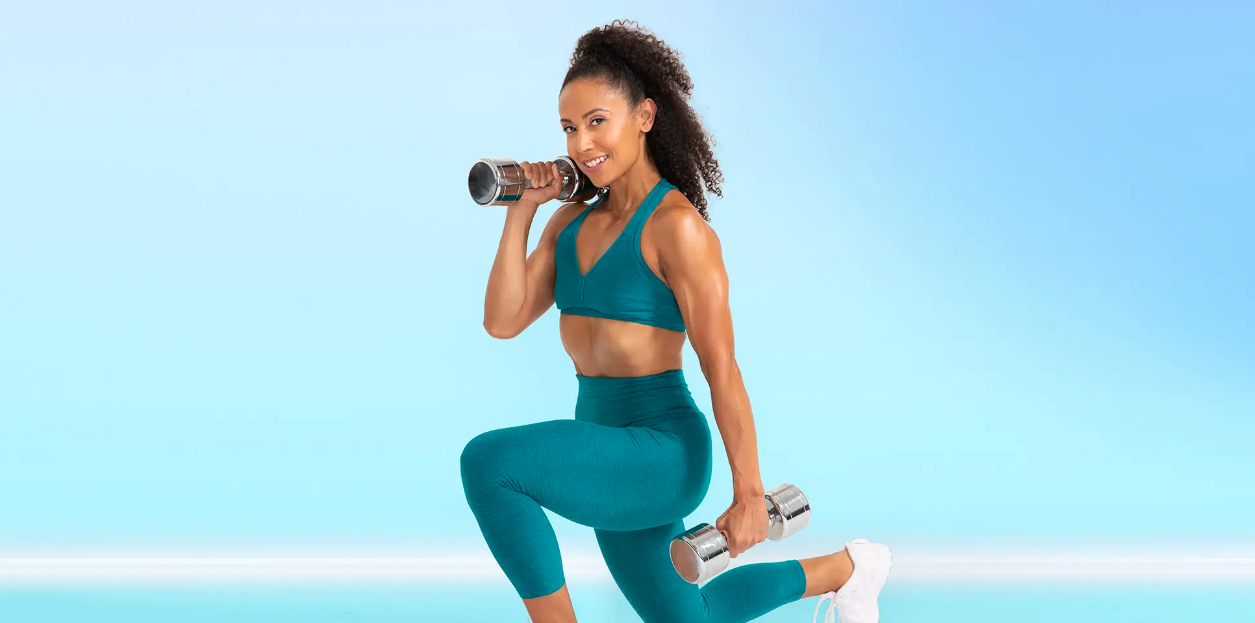


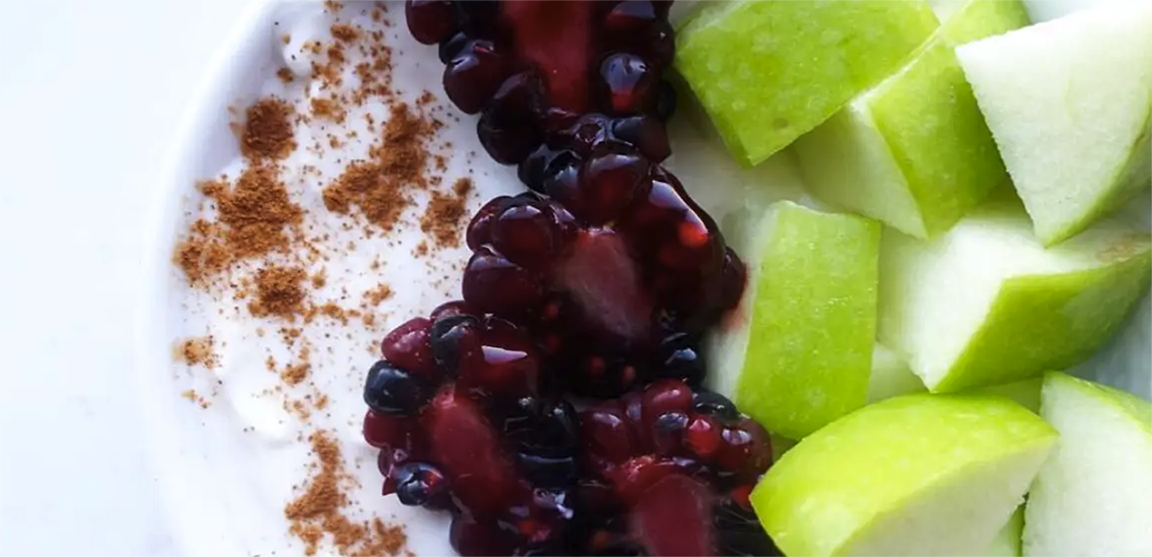








Leave a Reply to Kelly Whitten Cancel reply